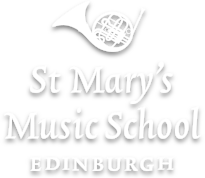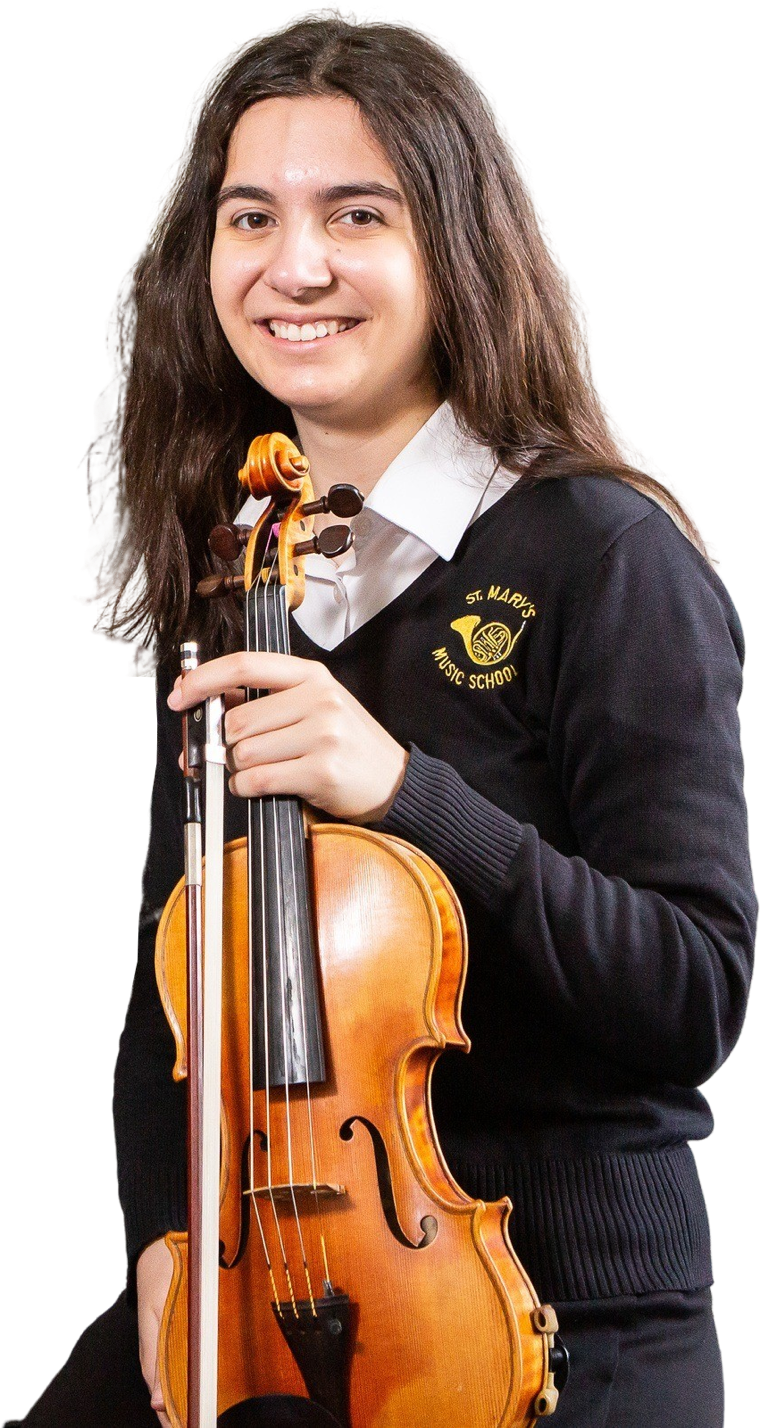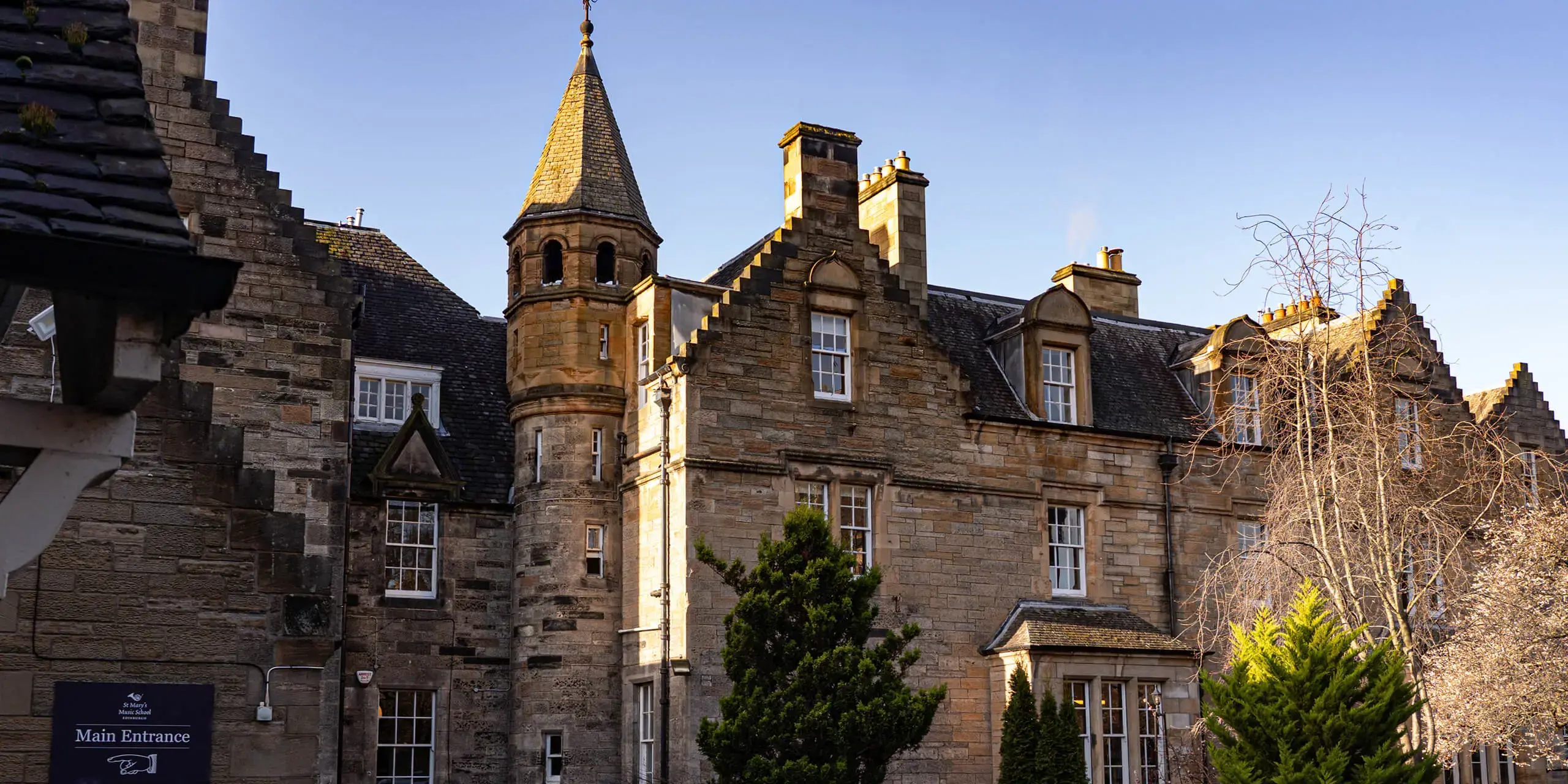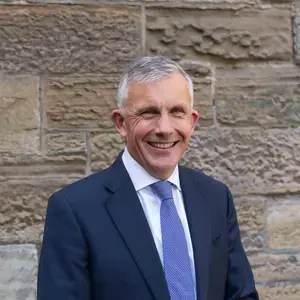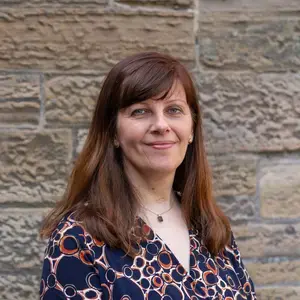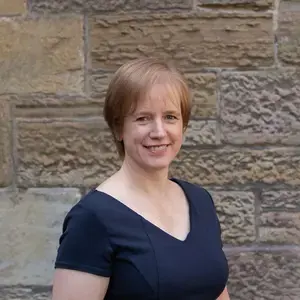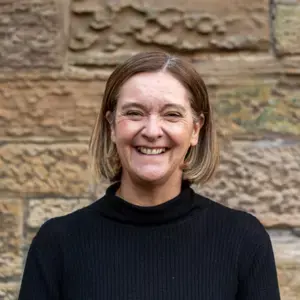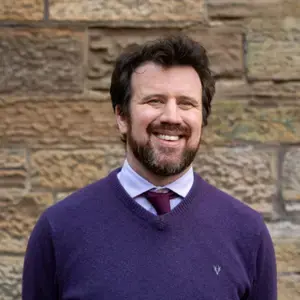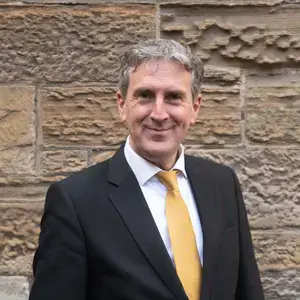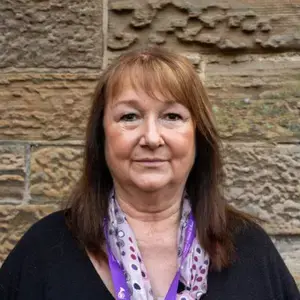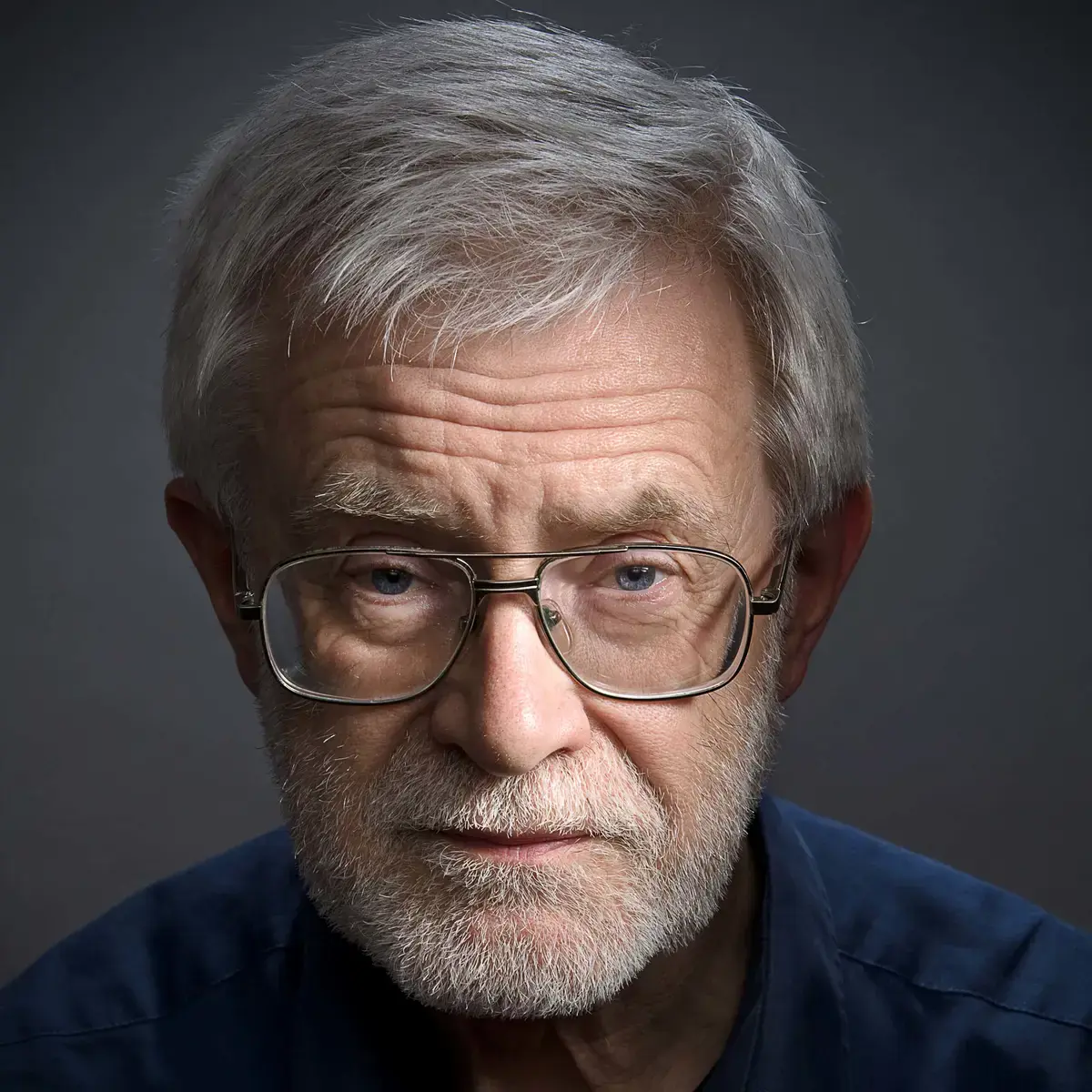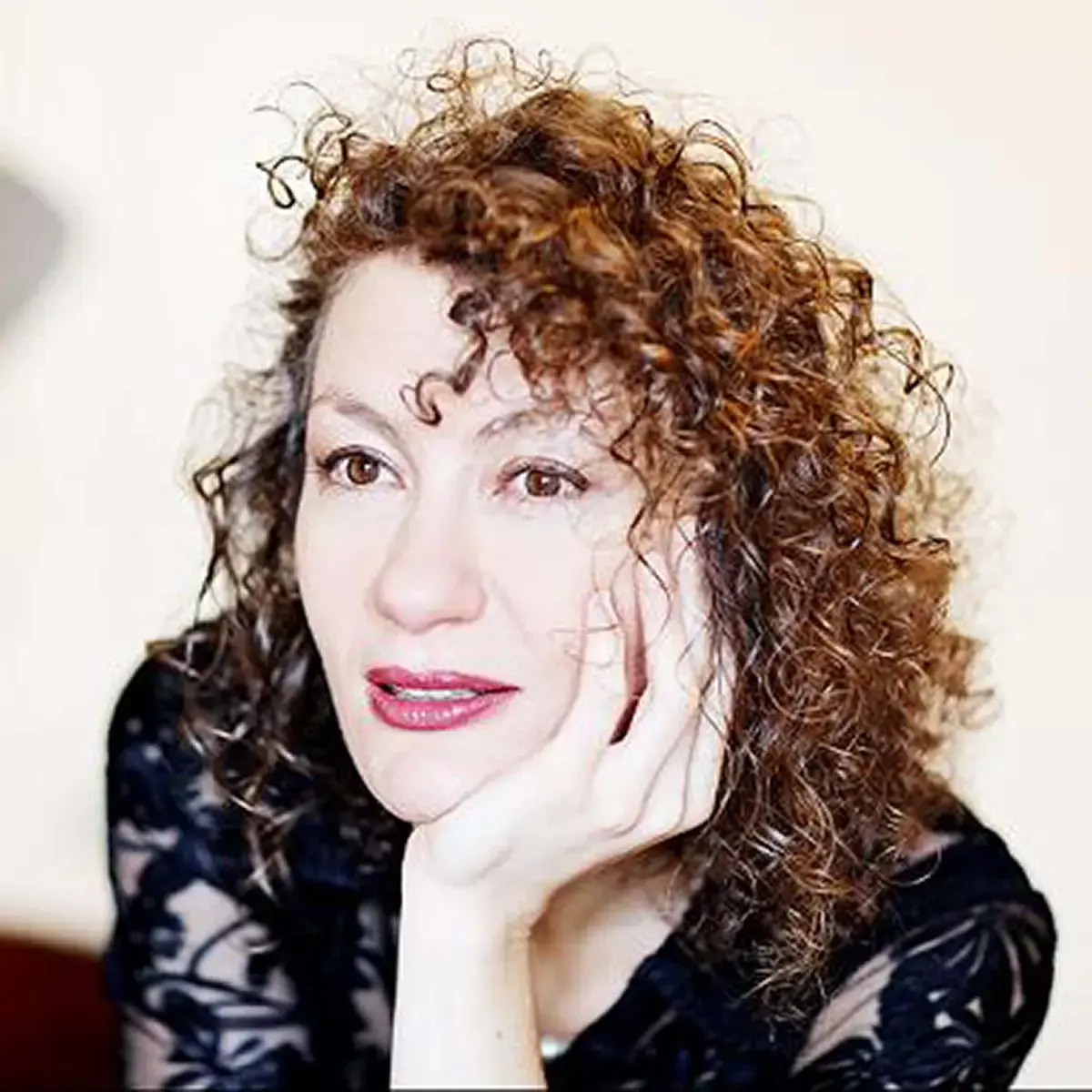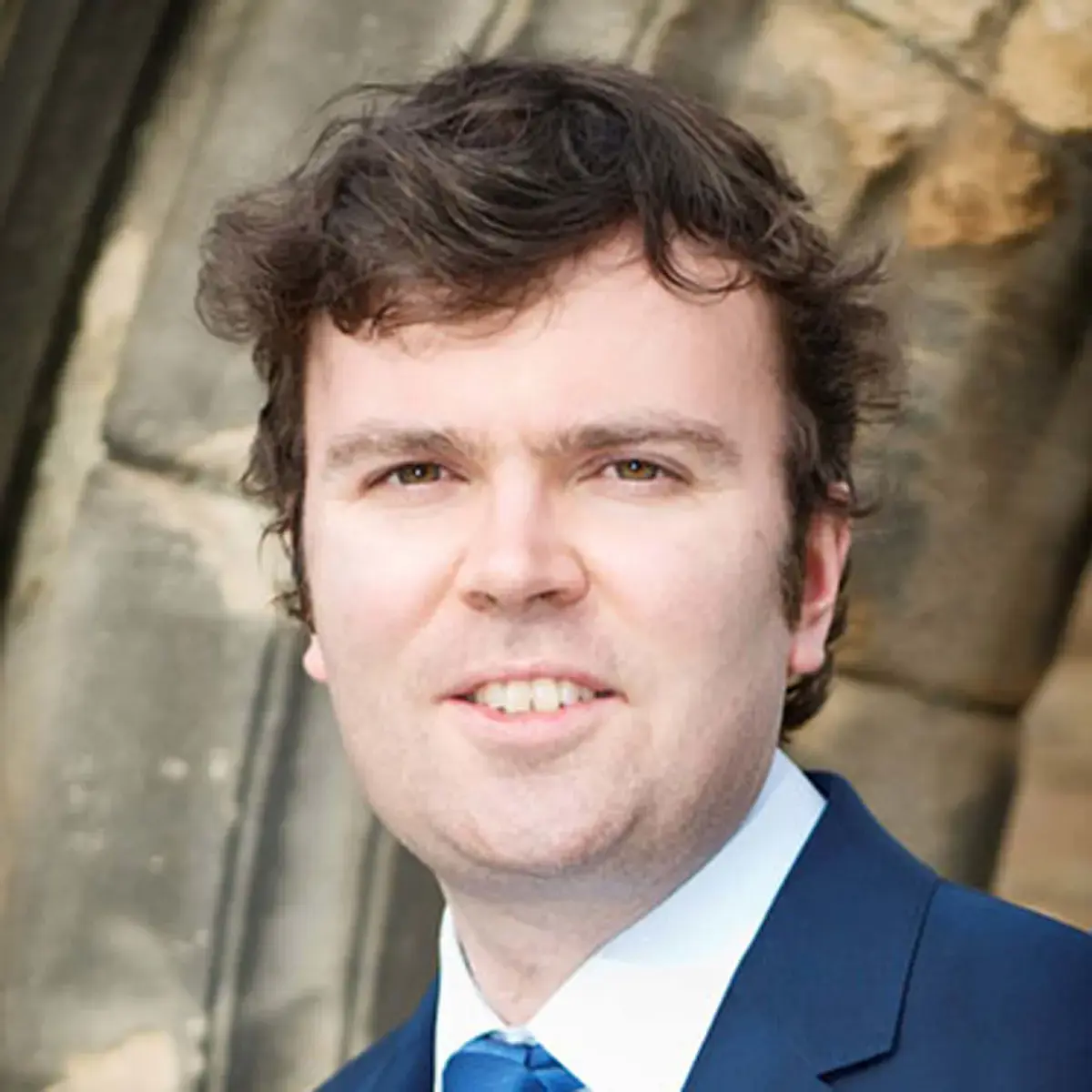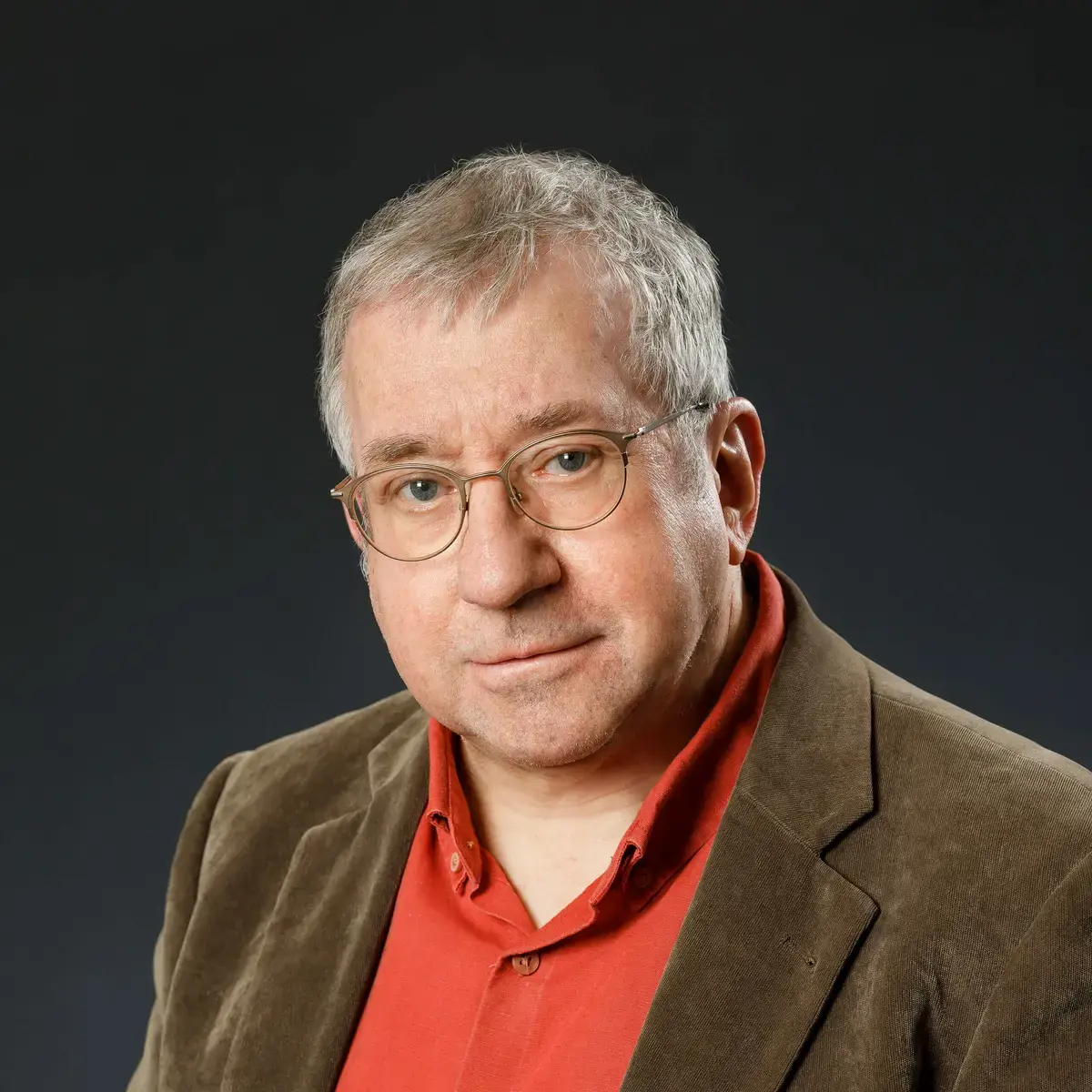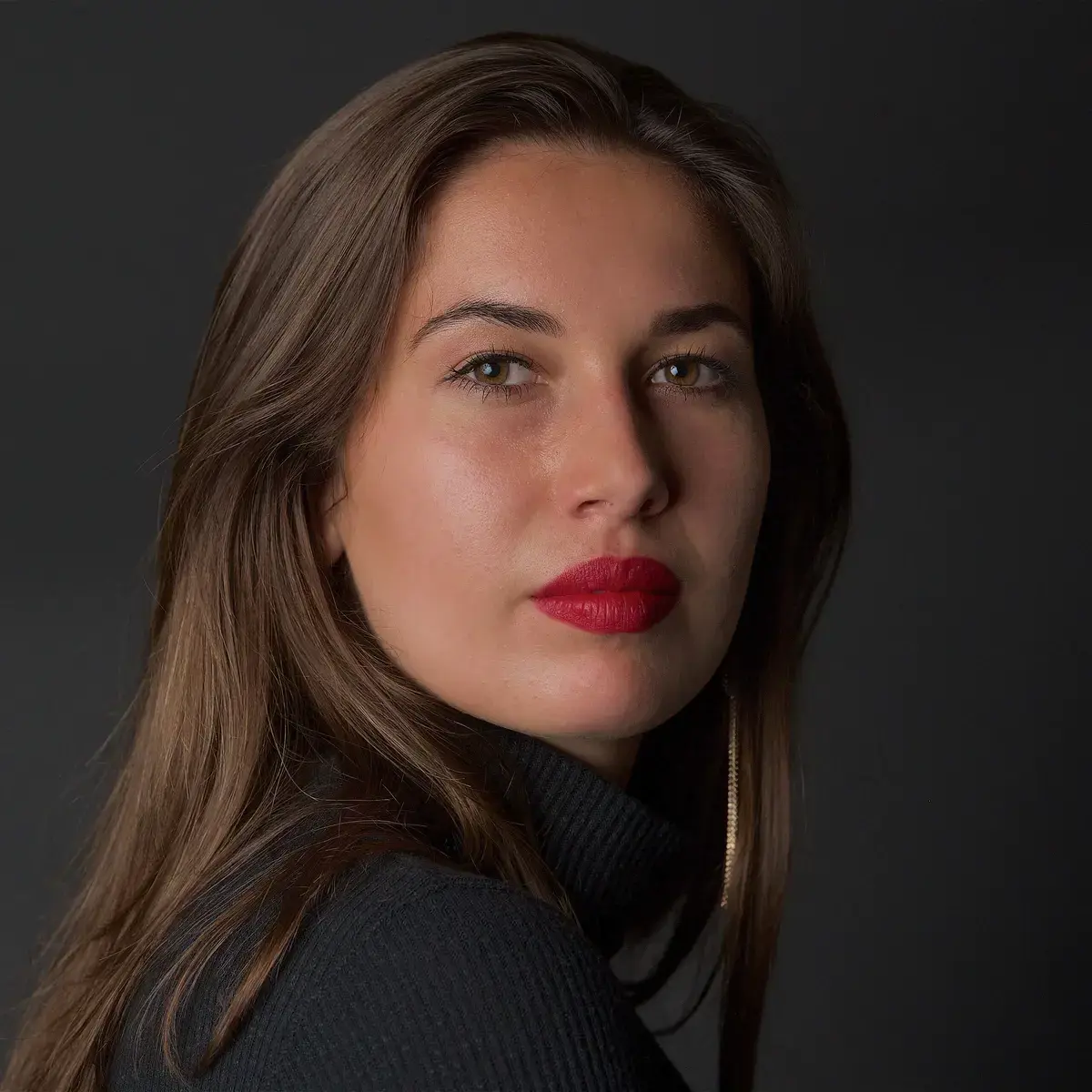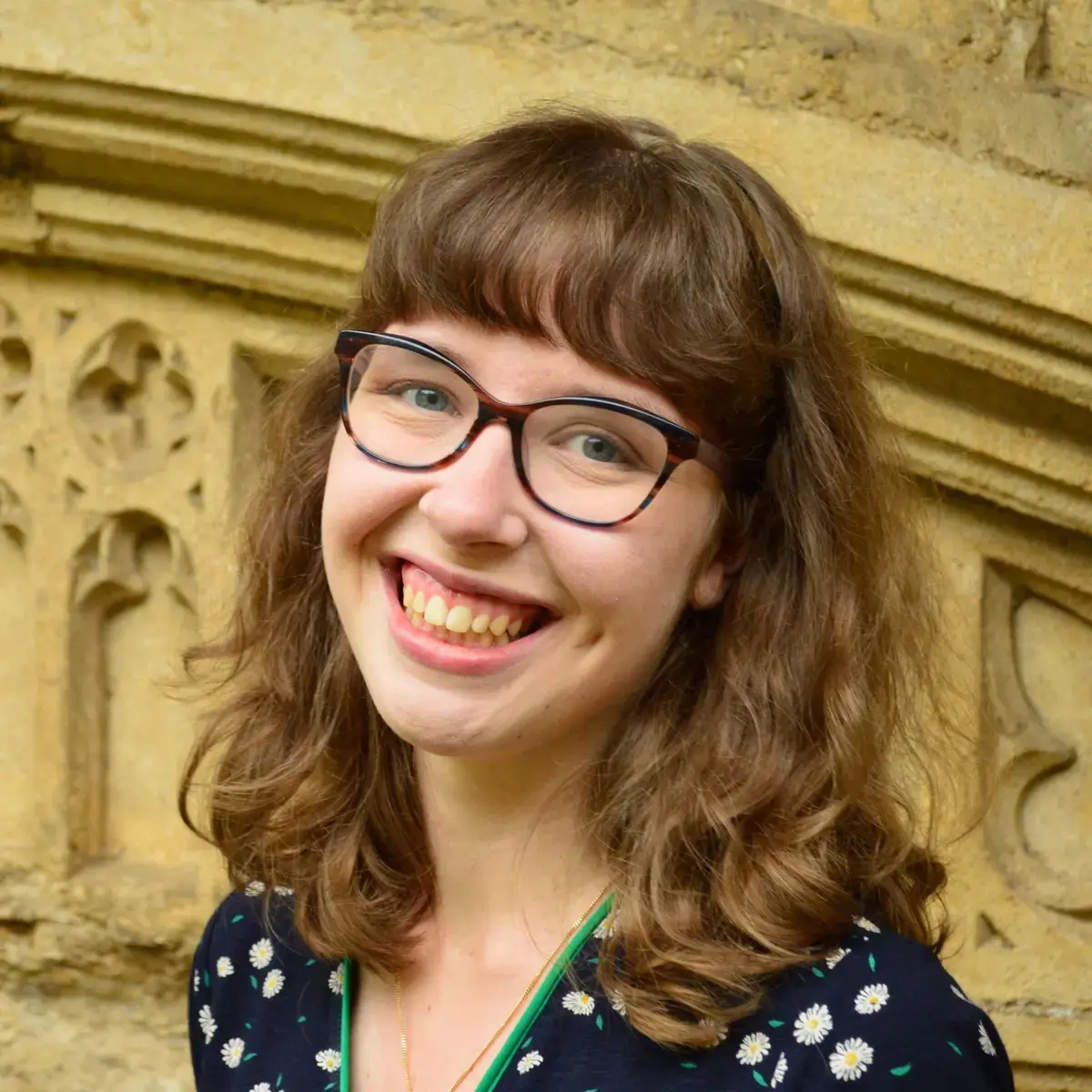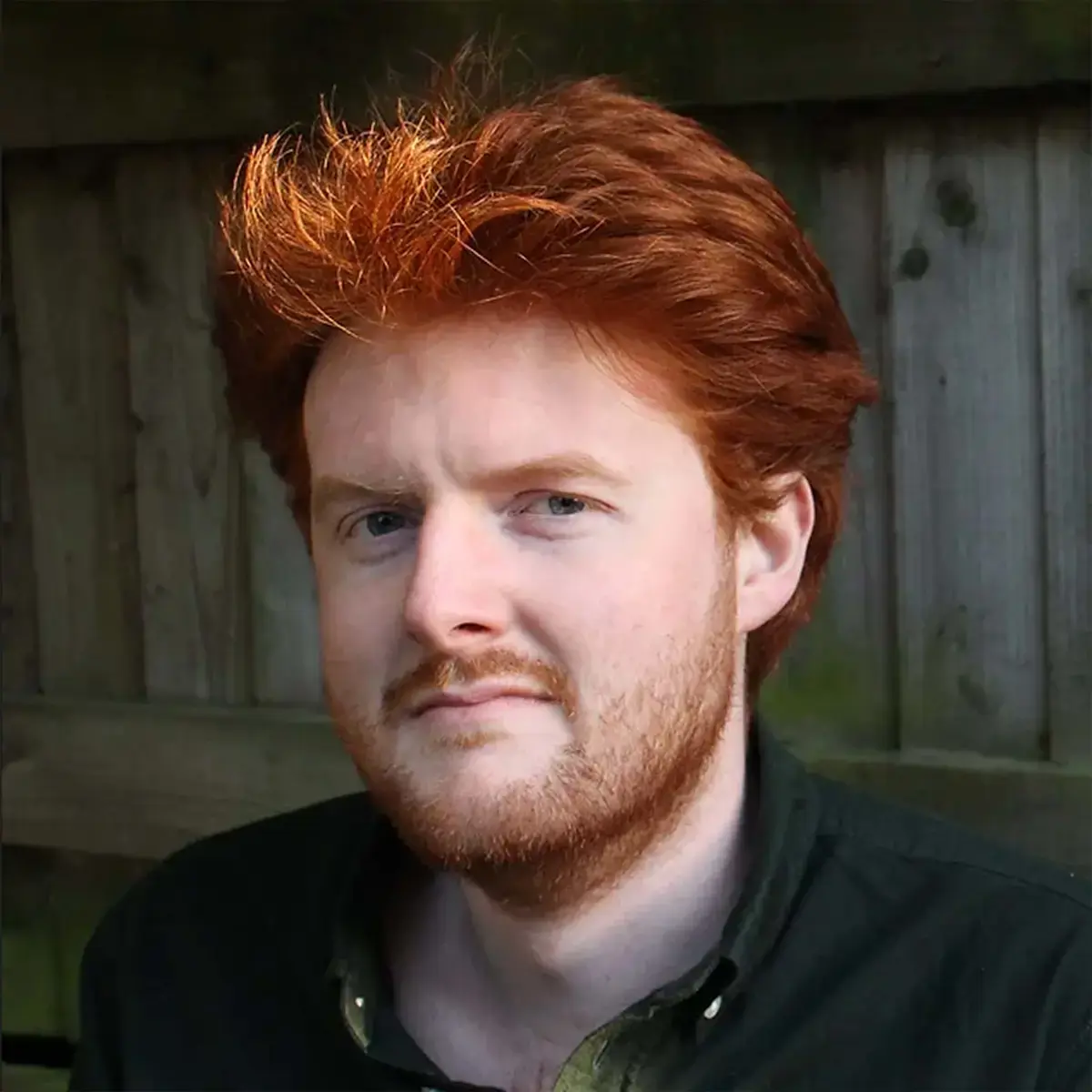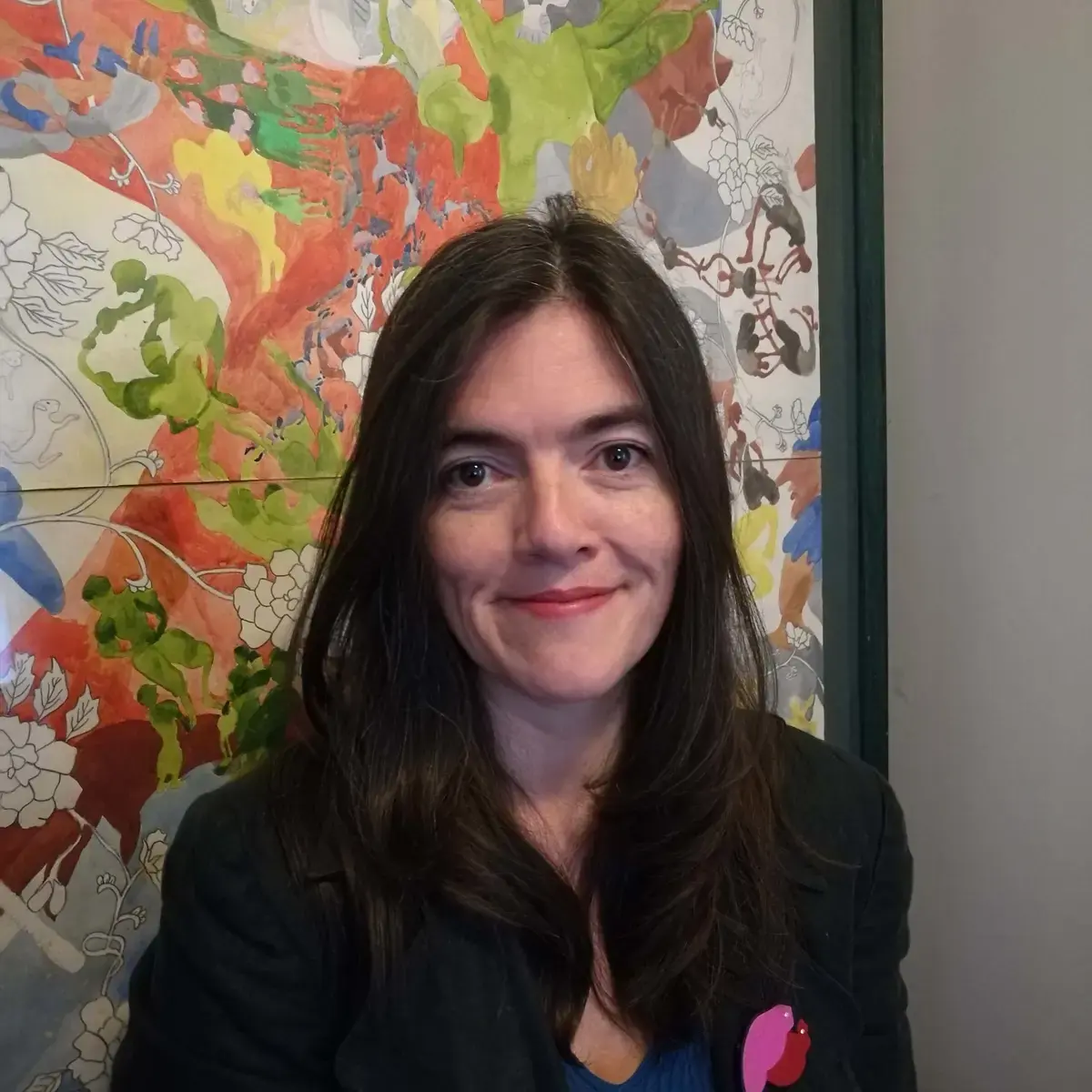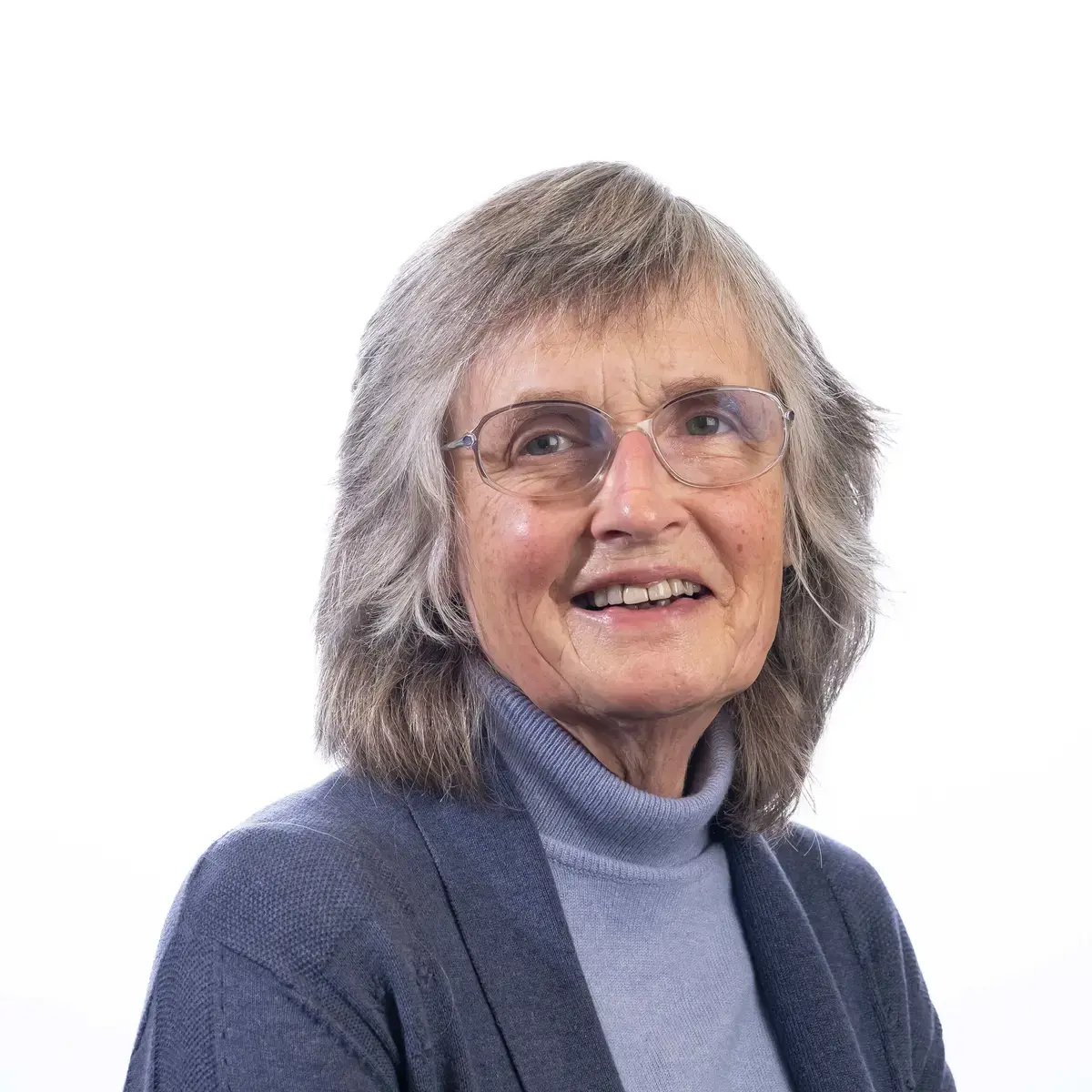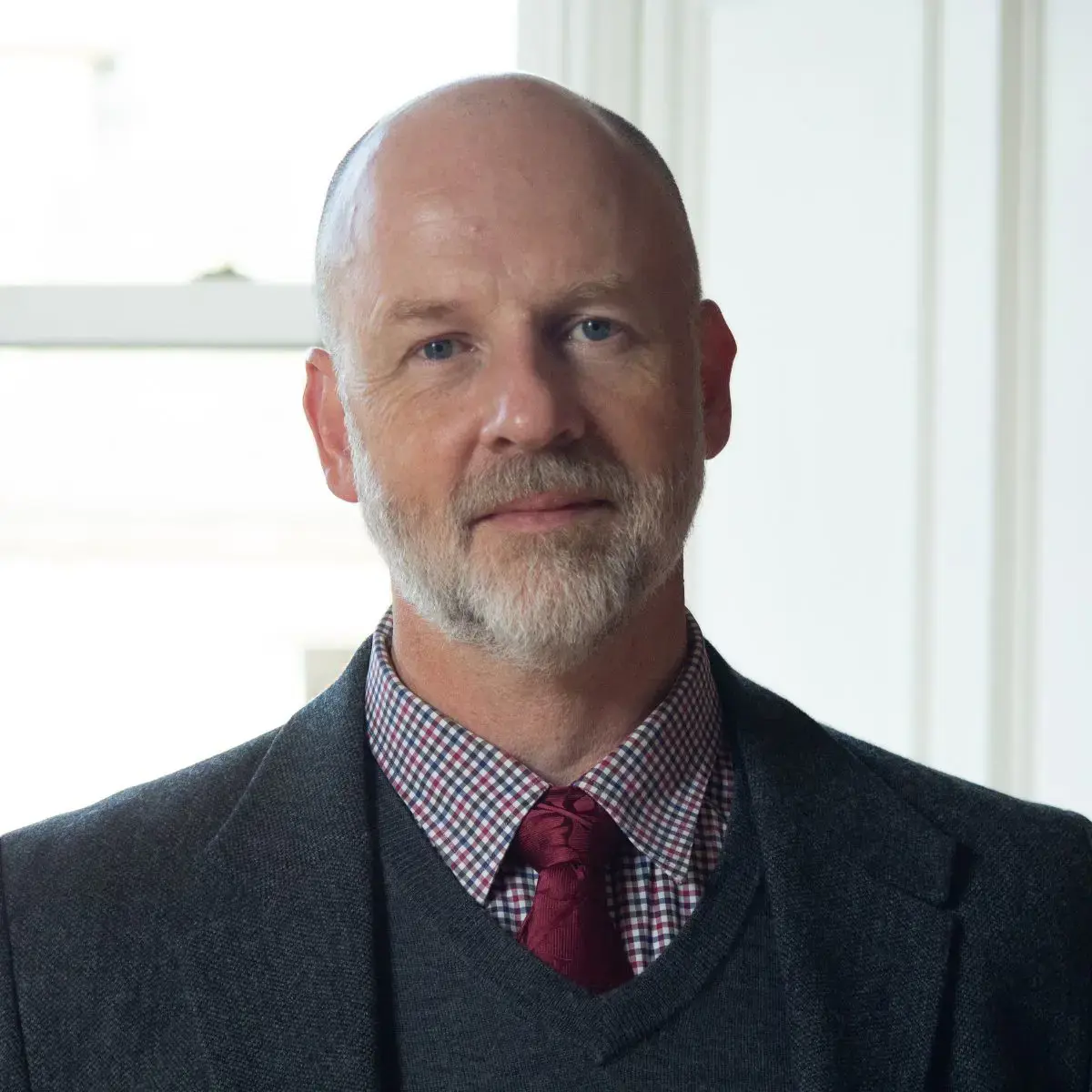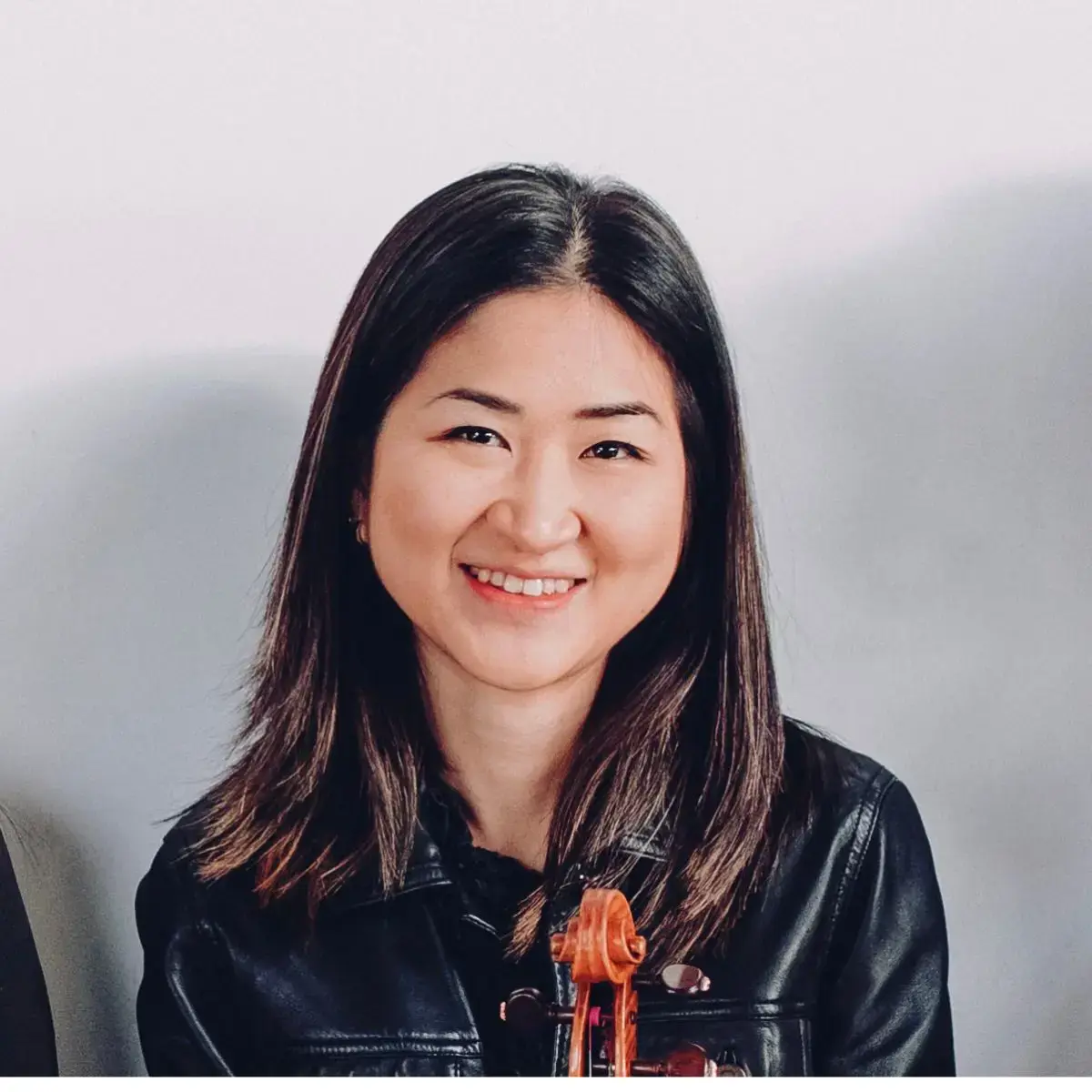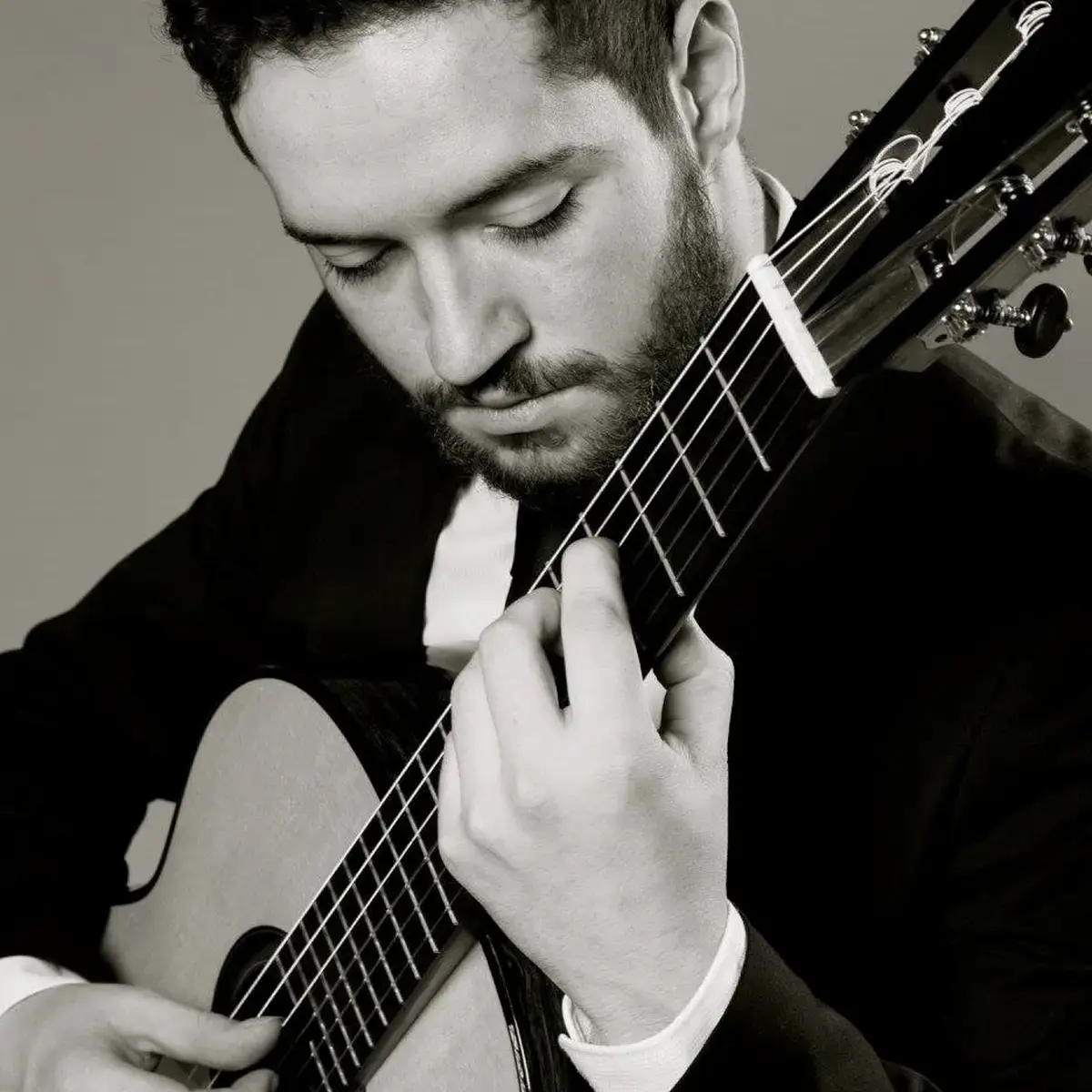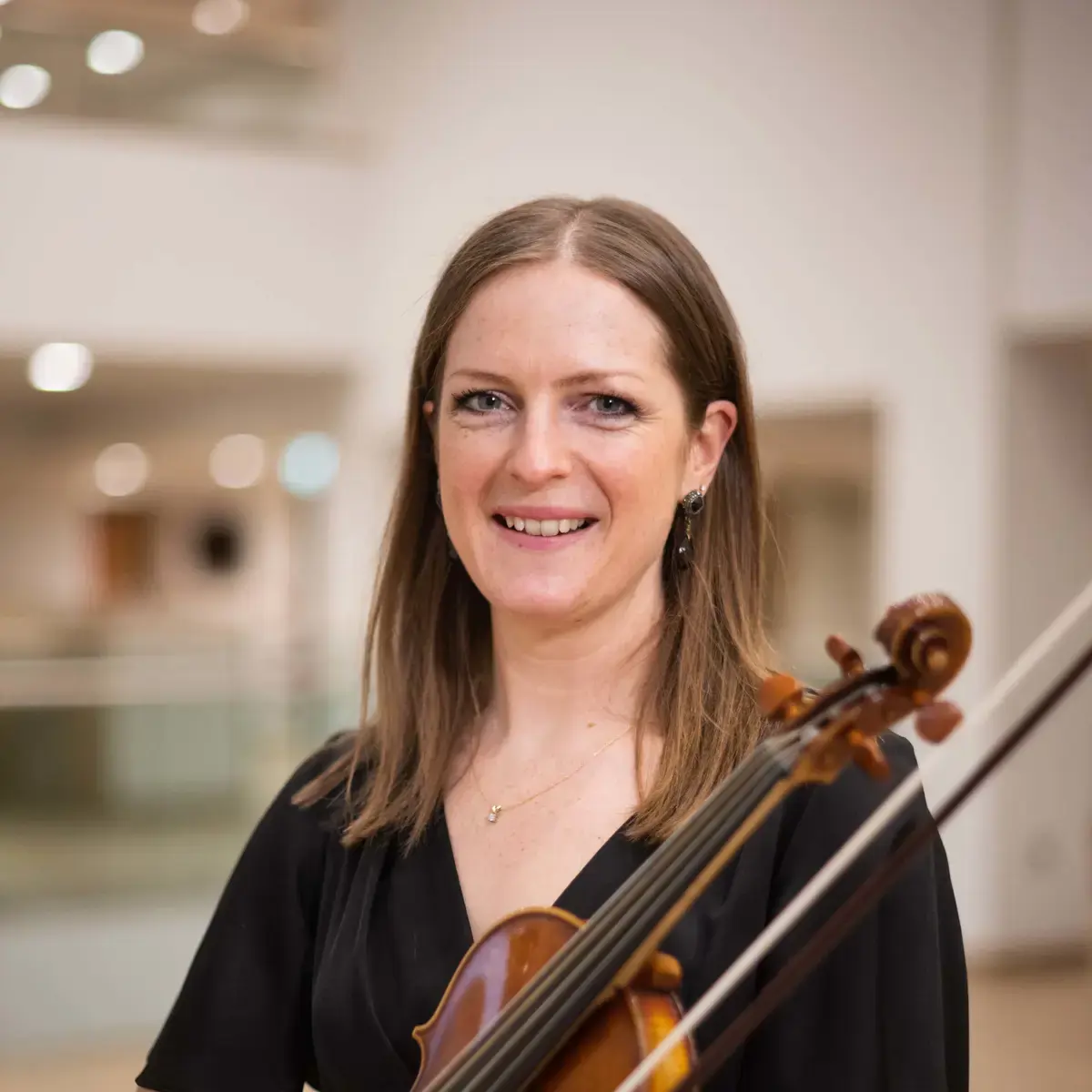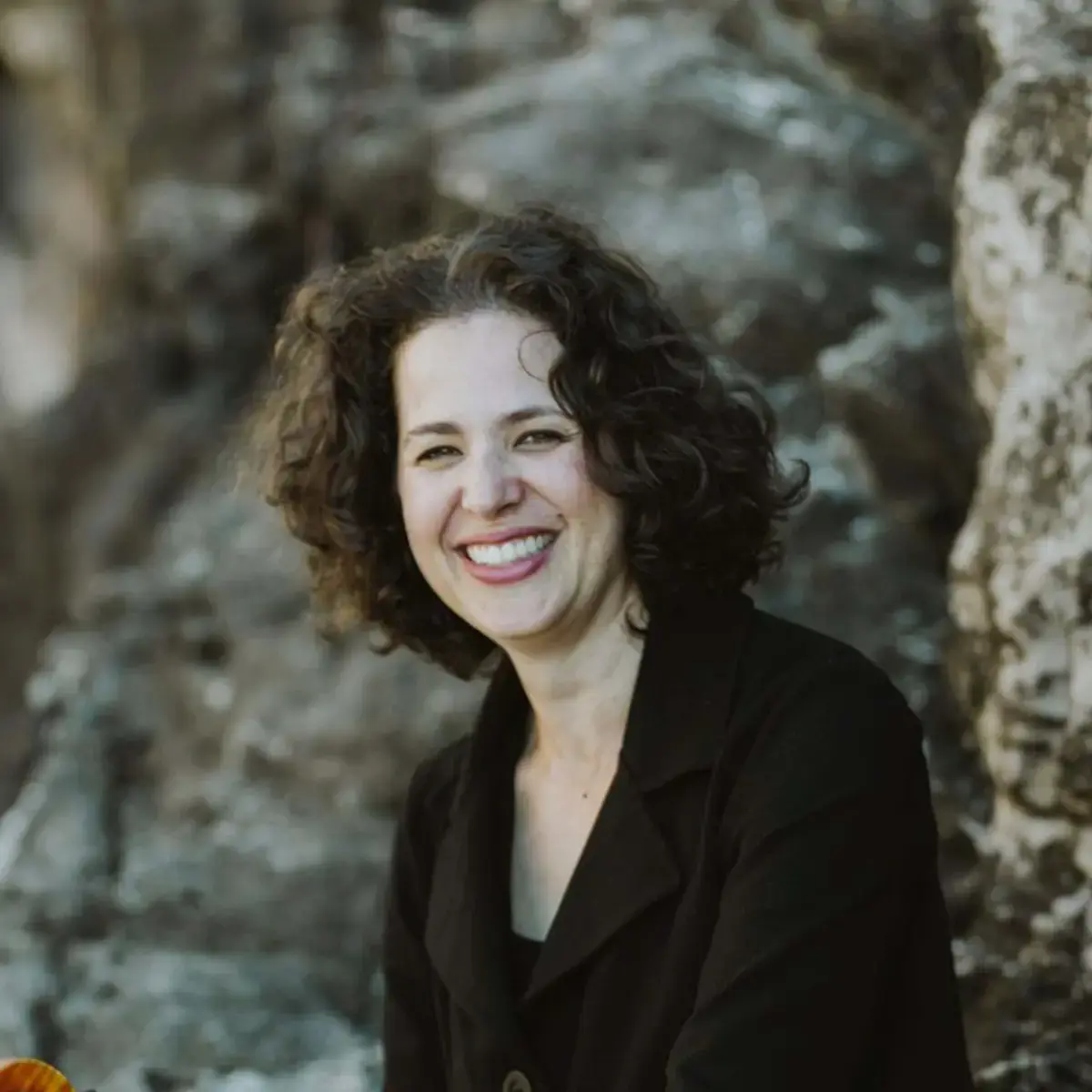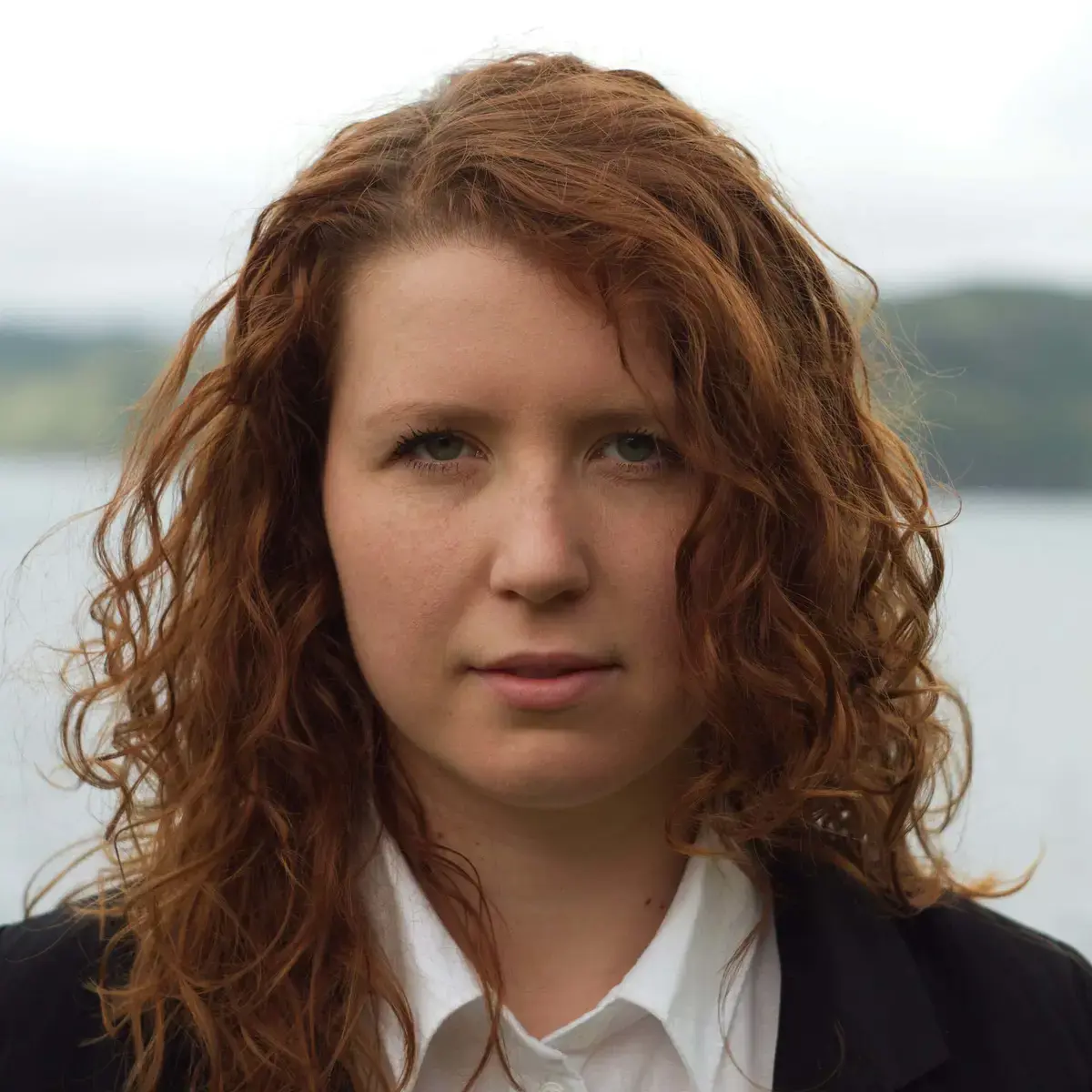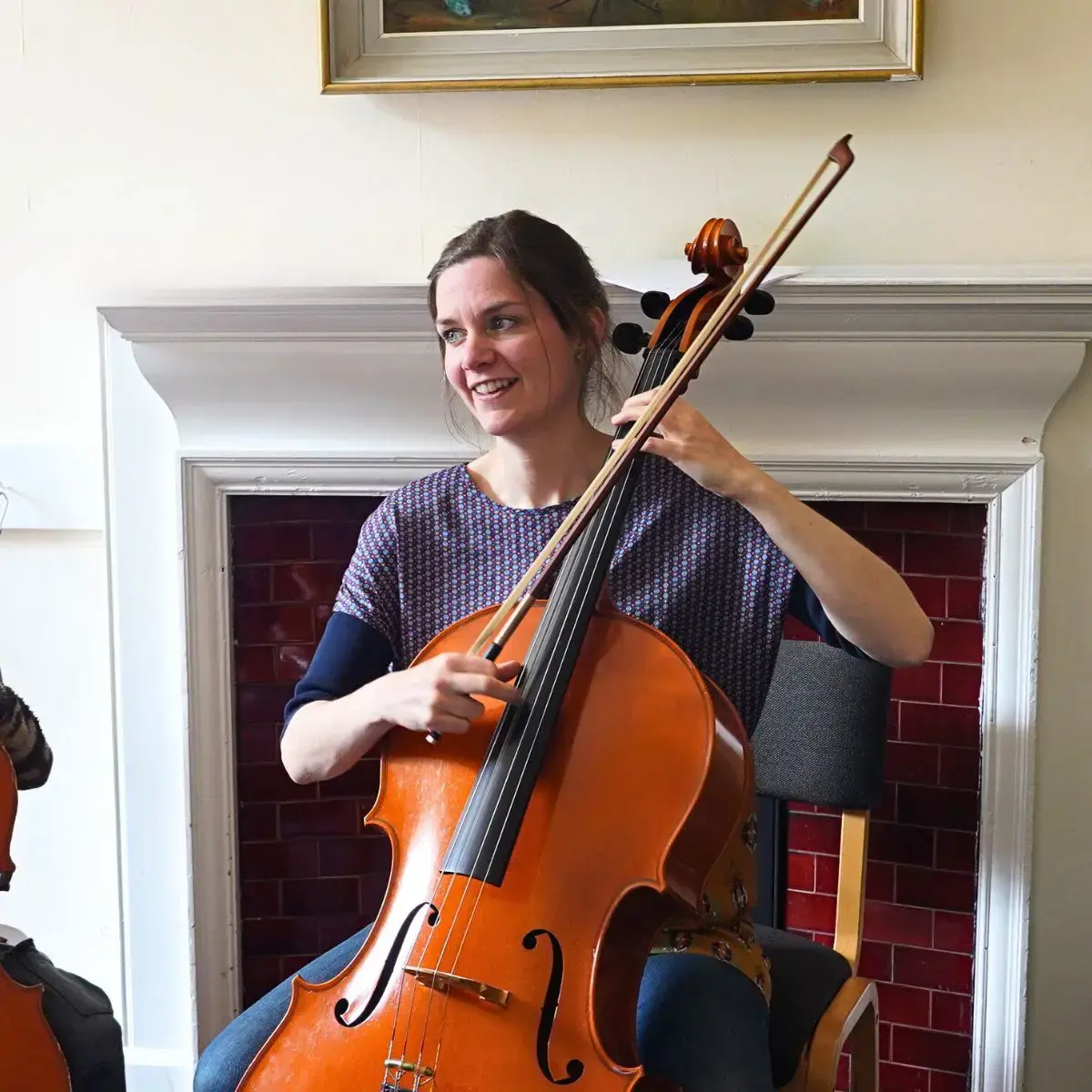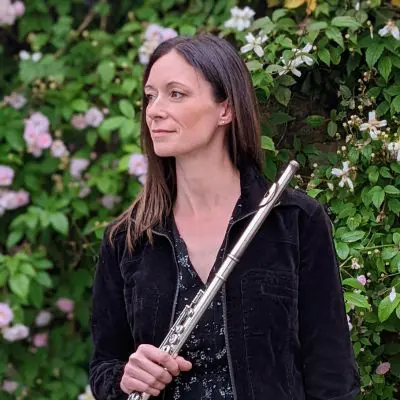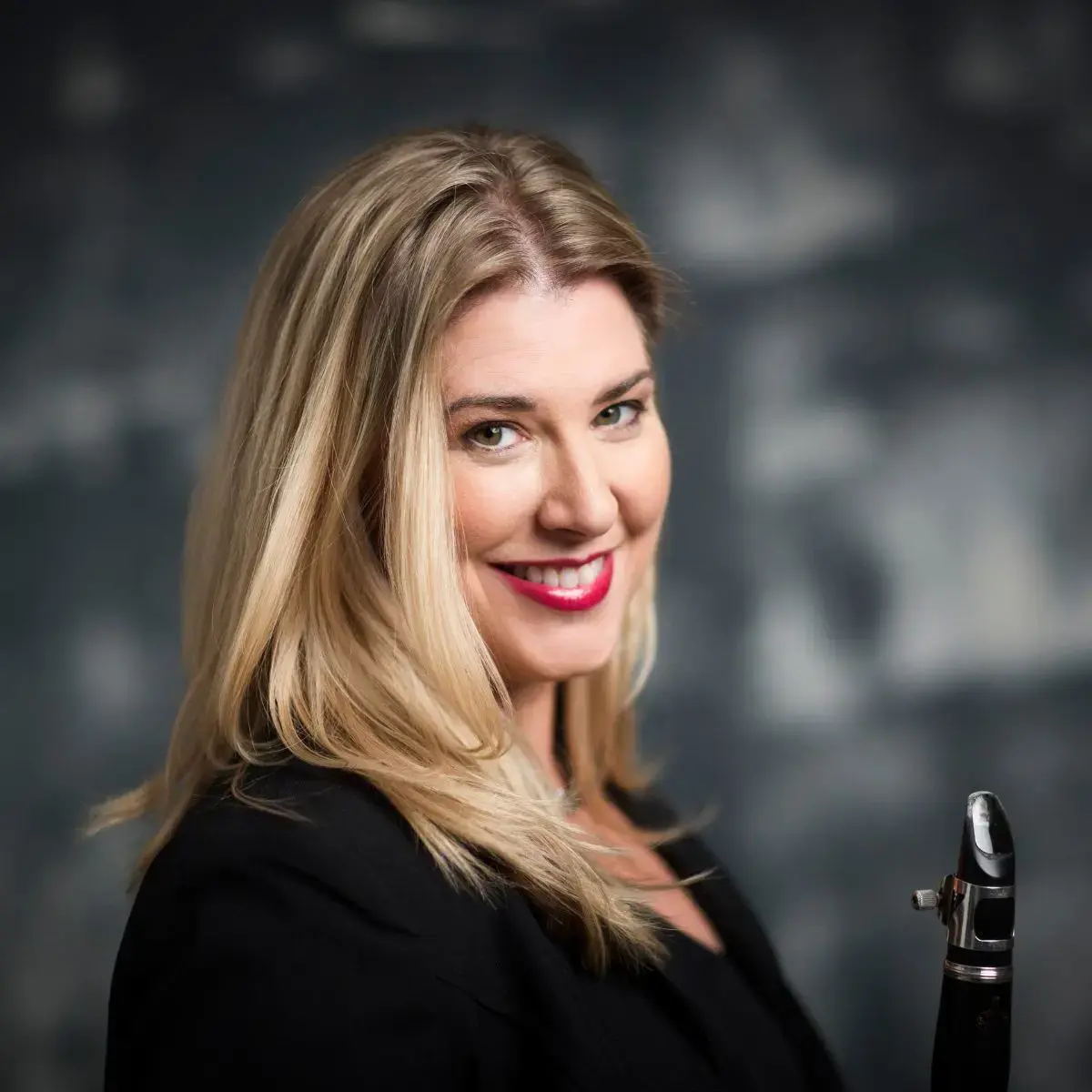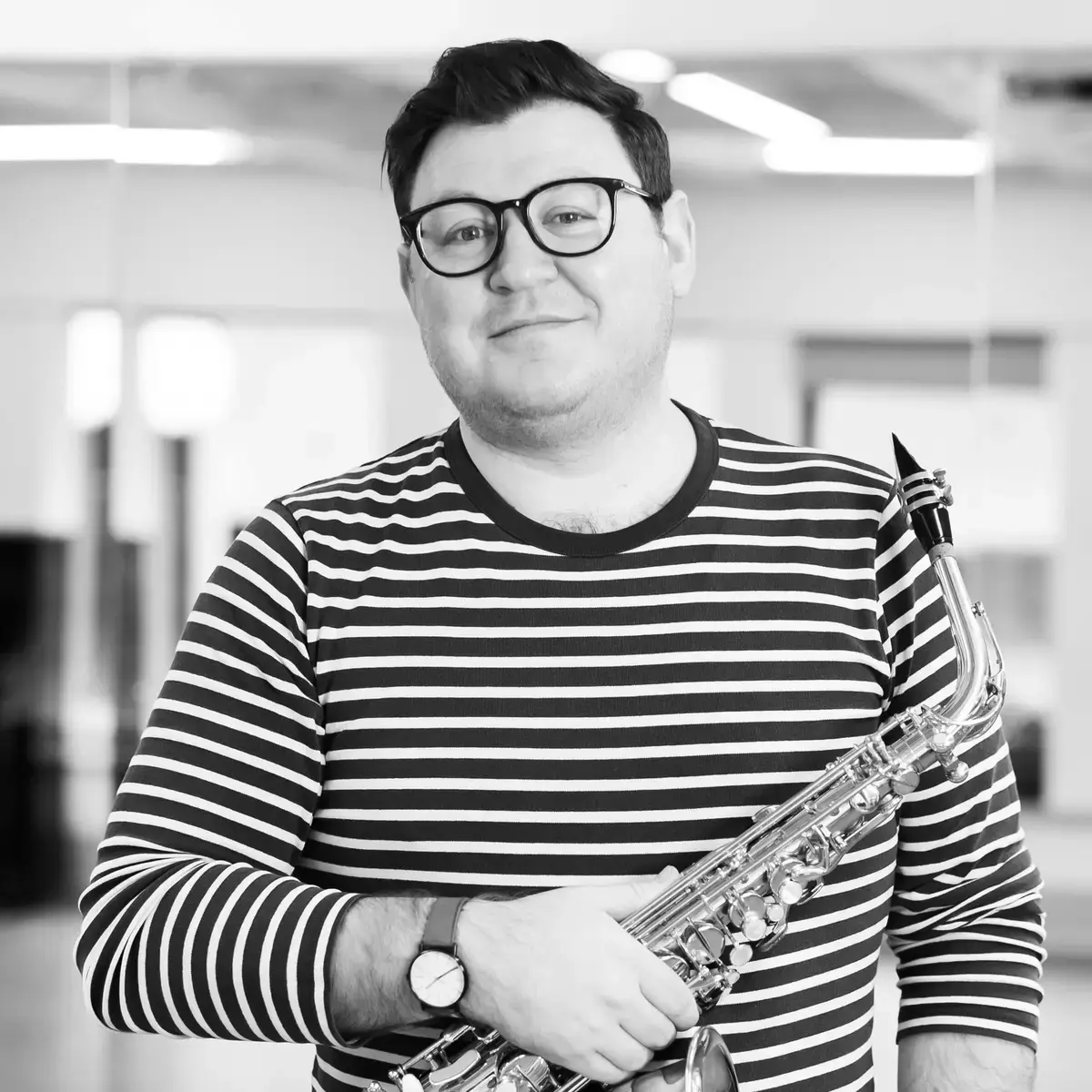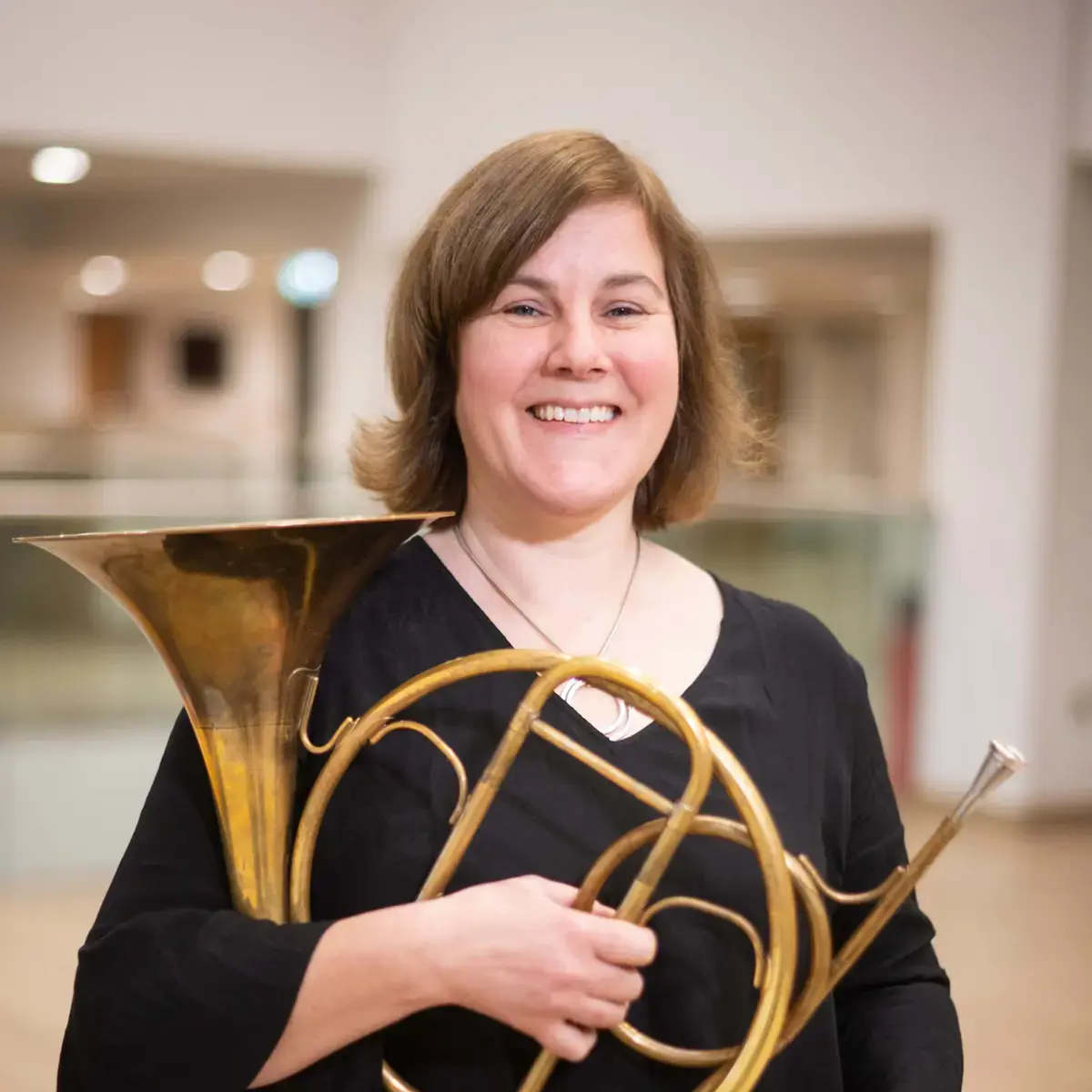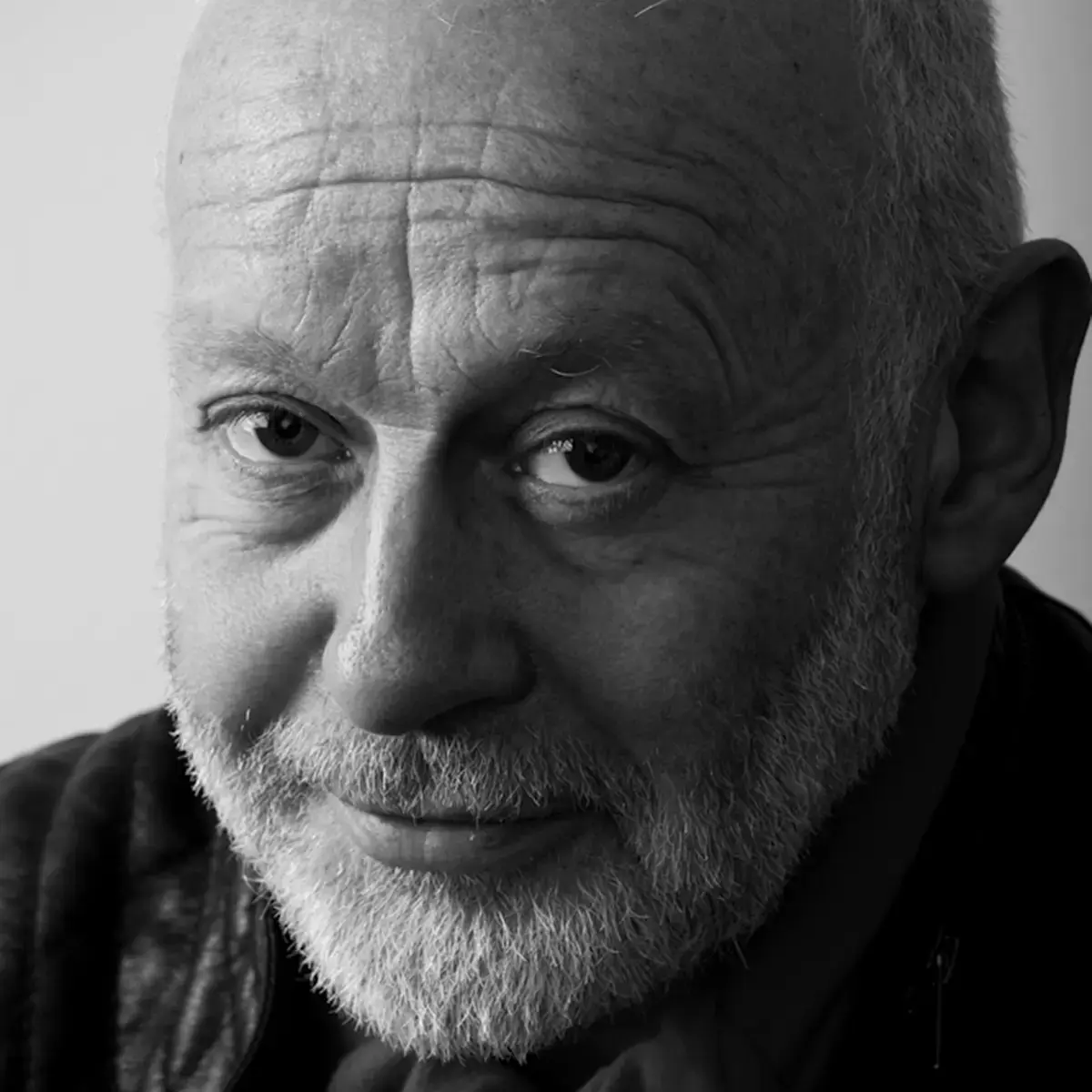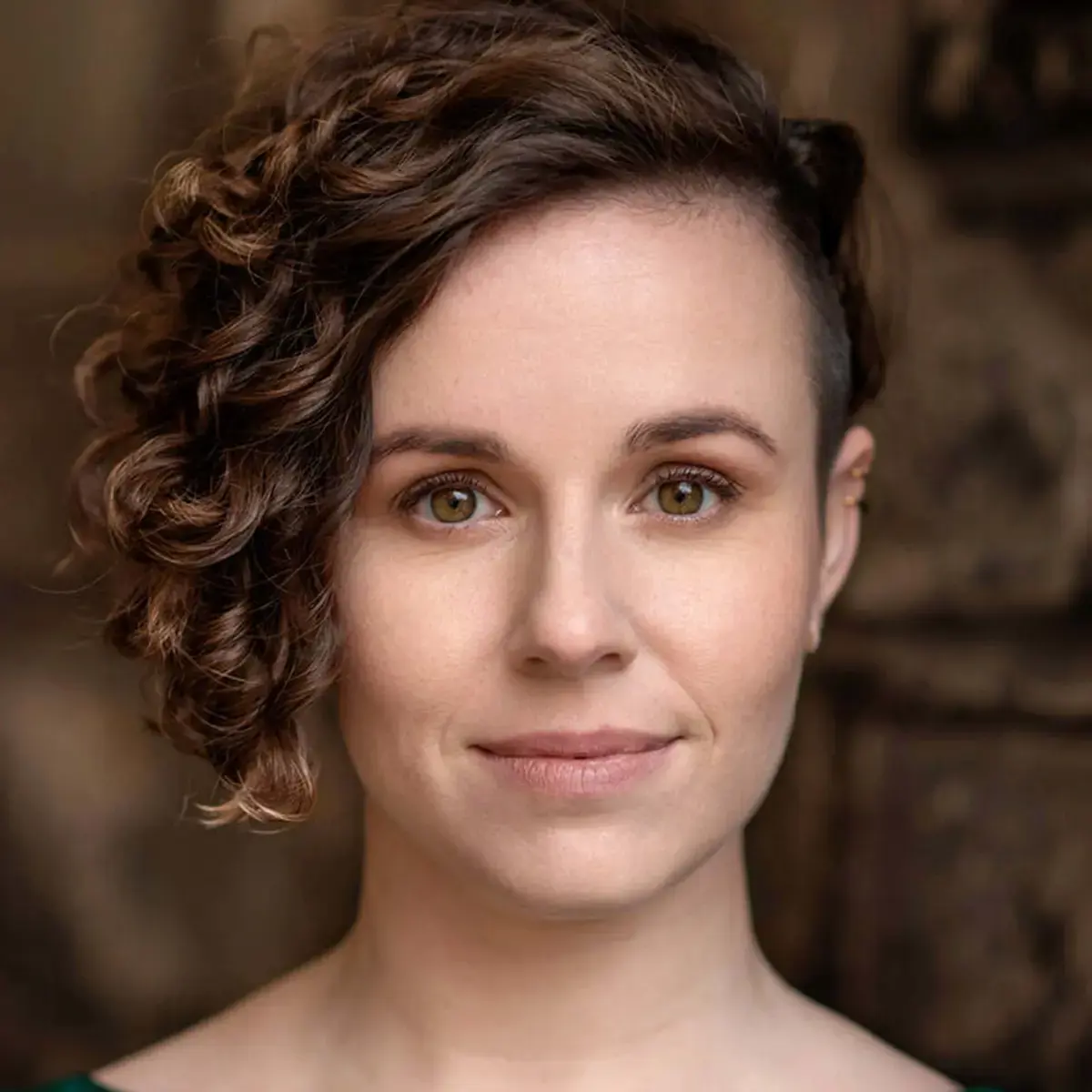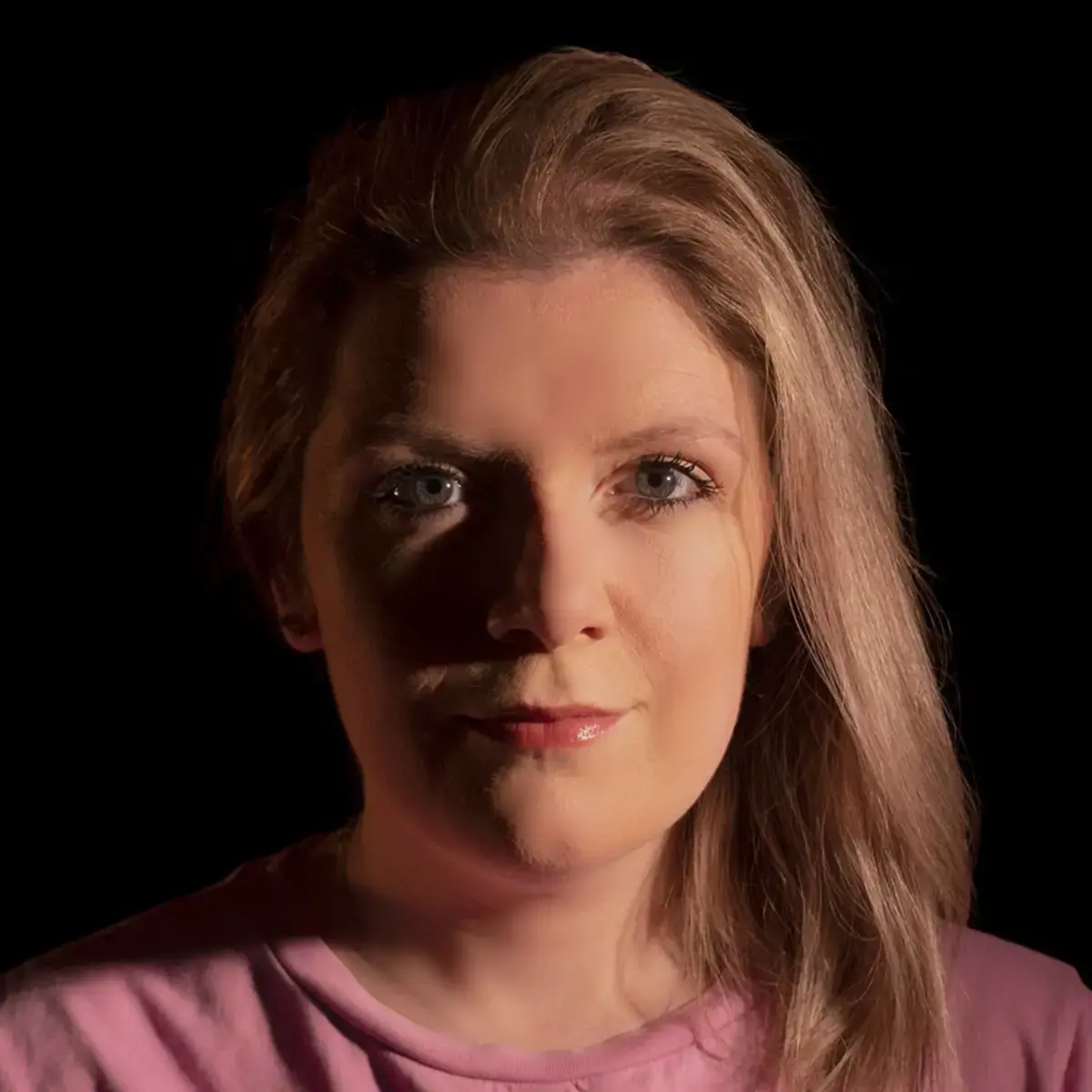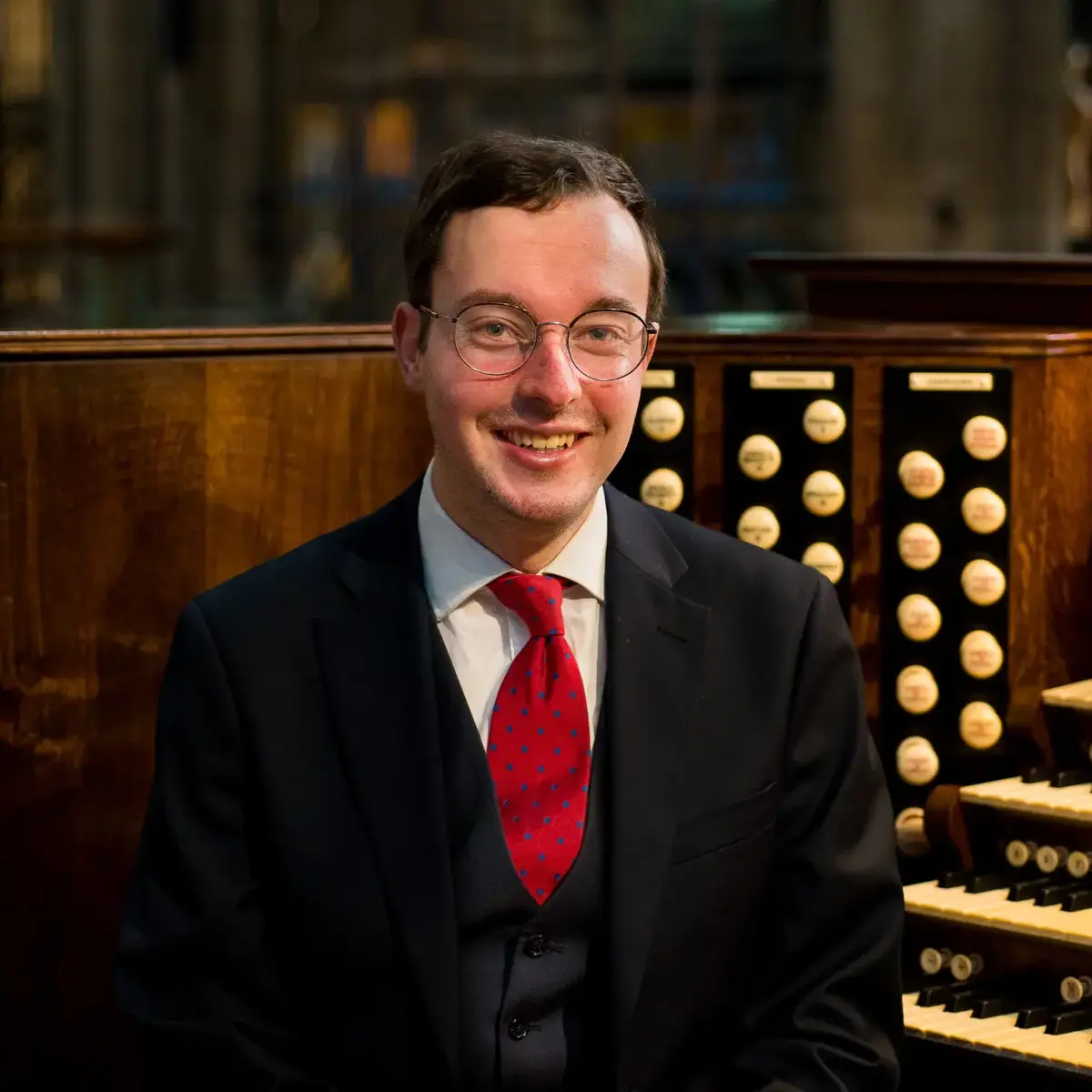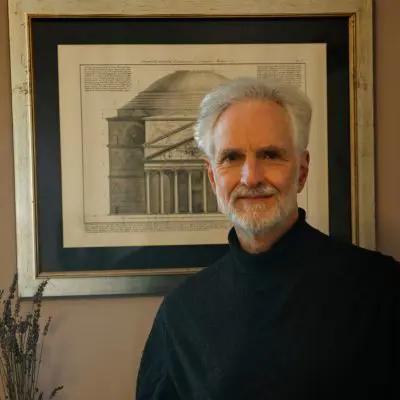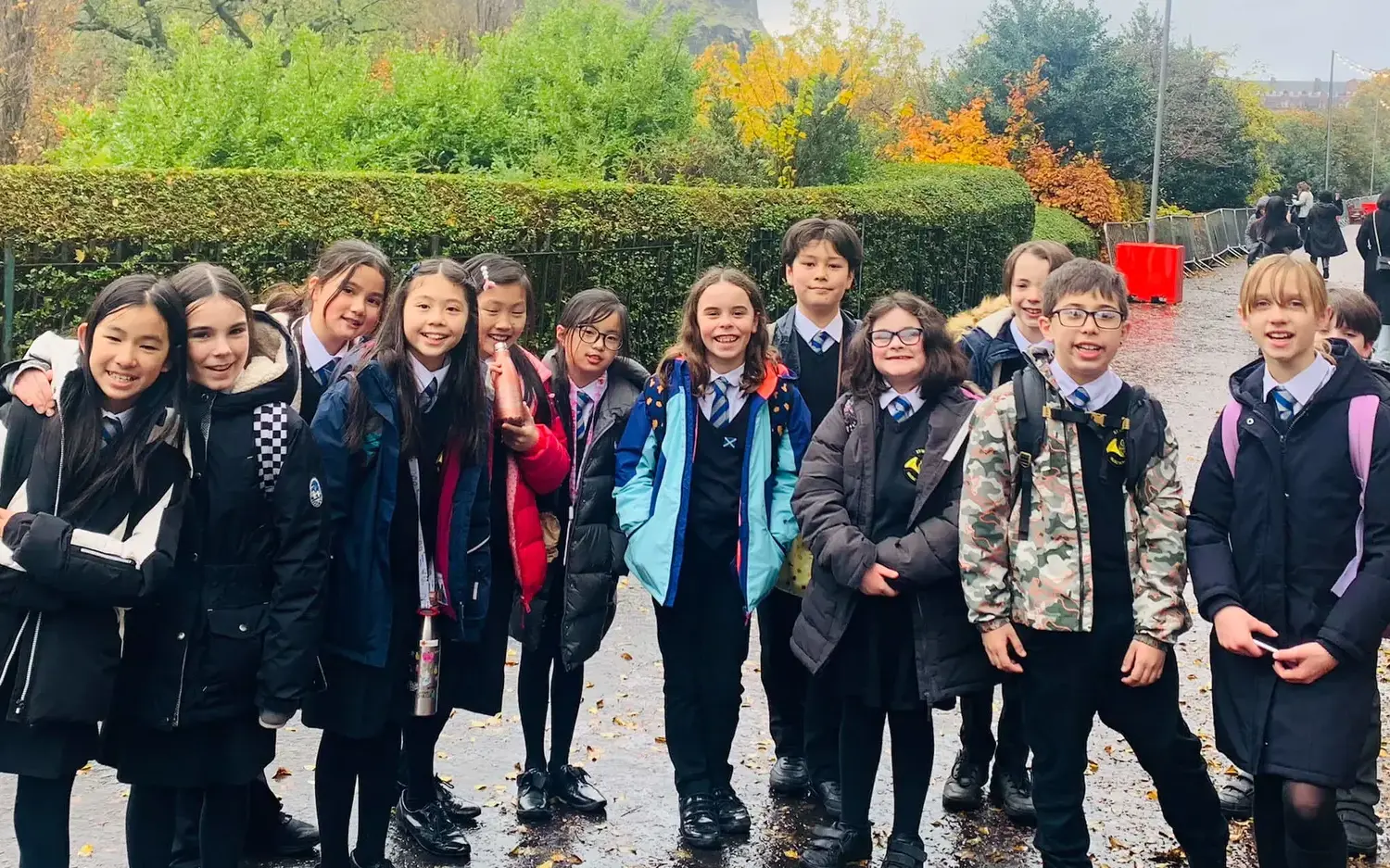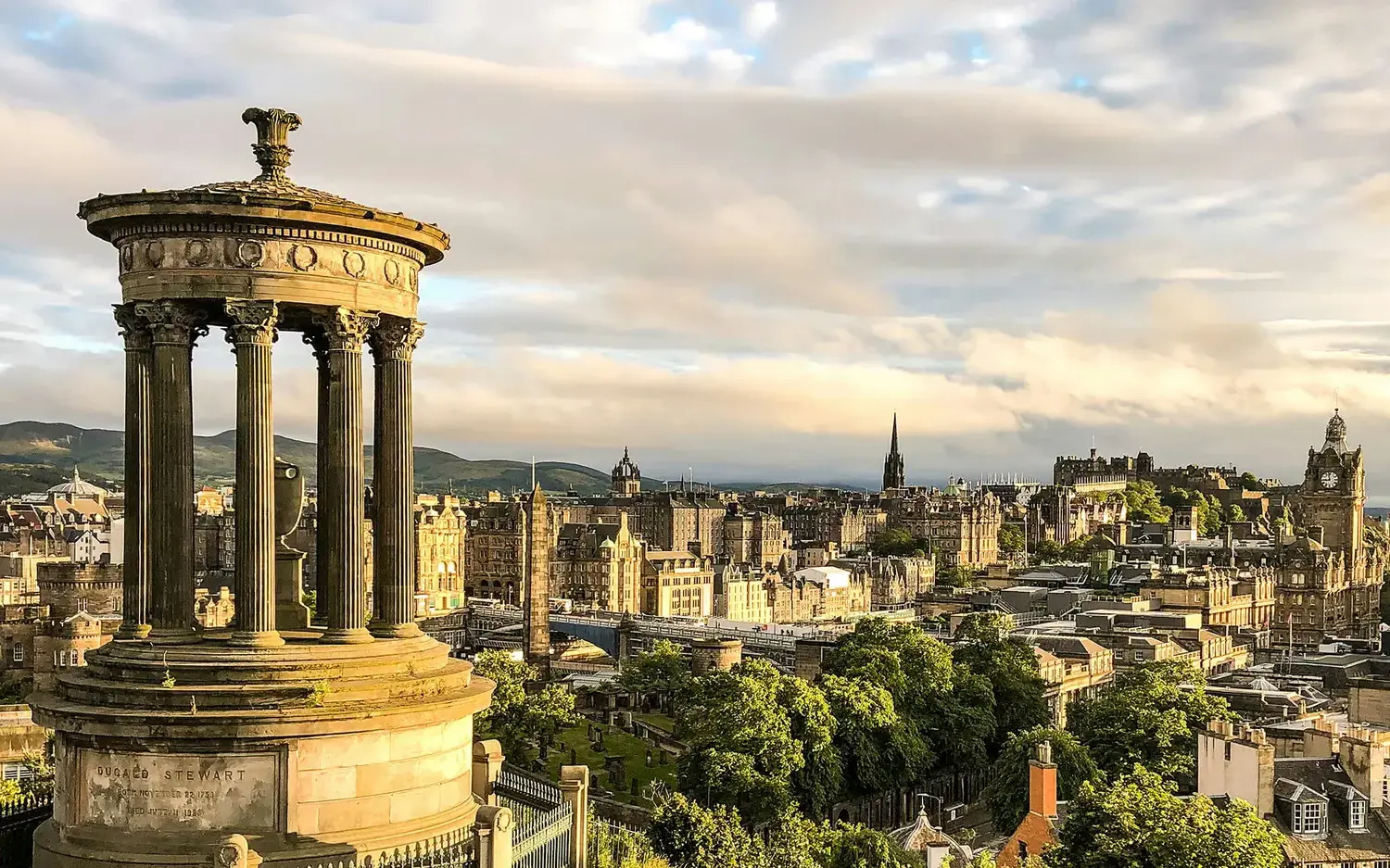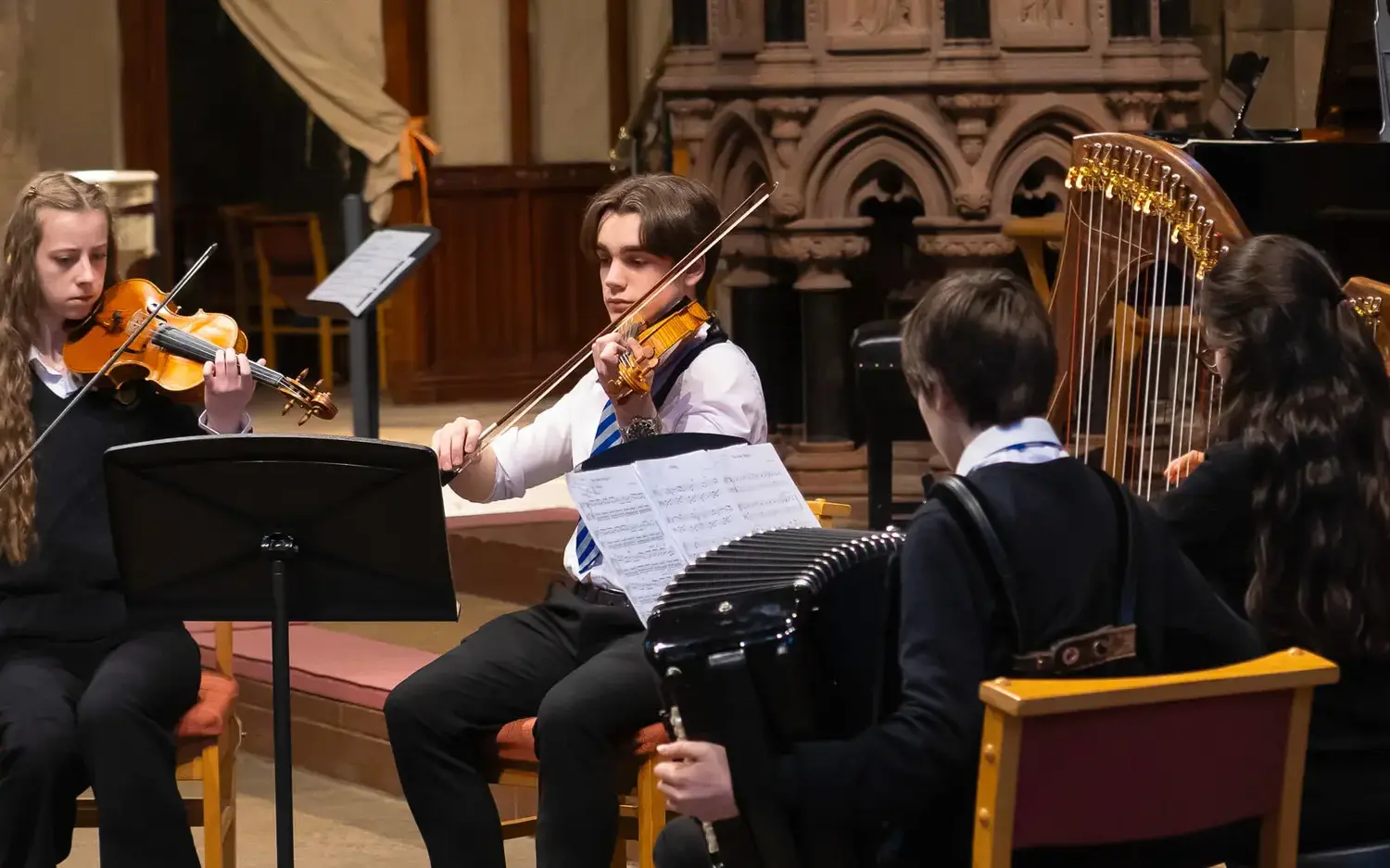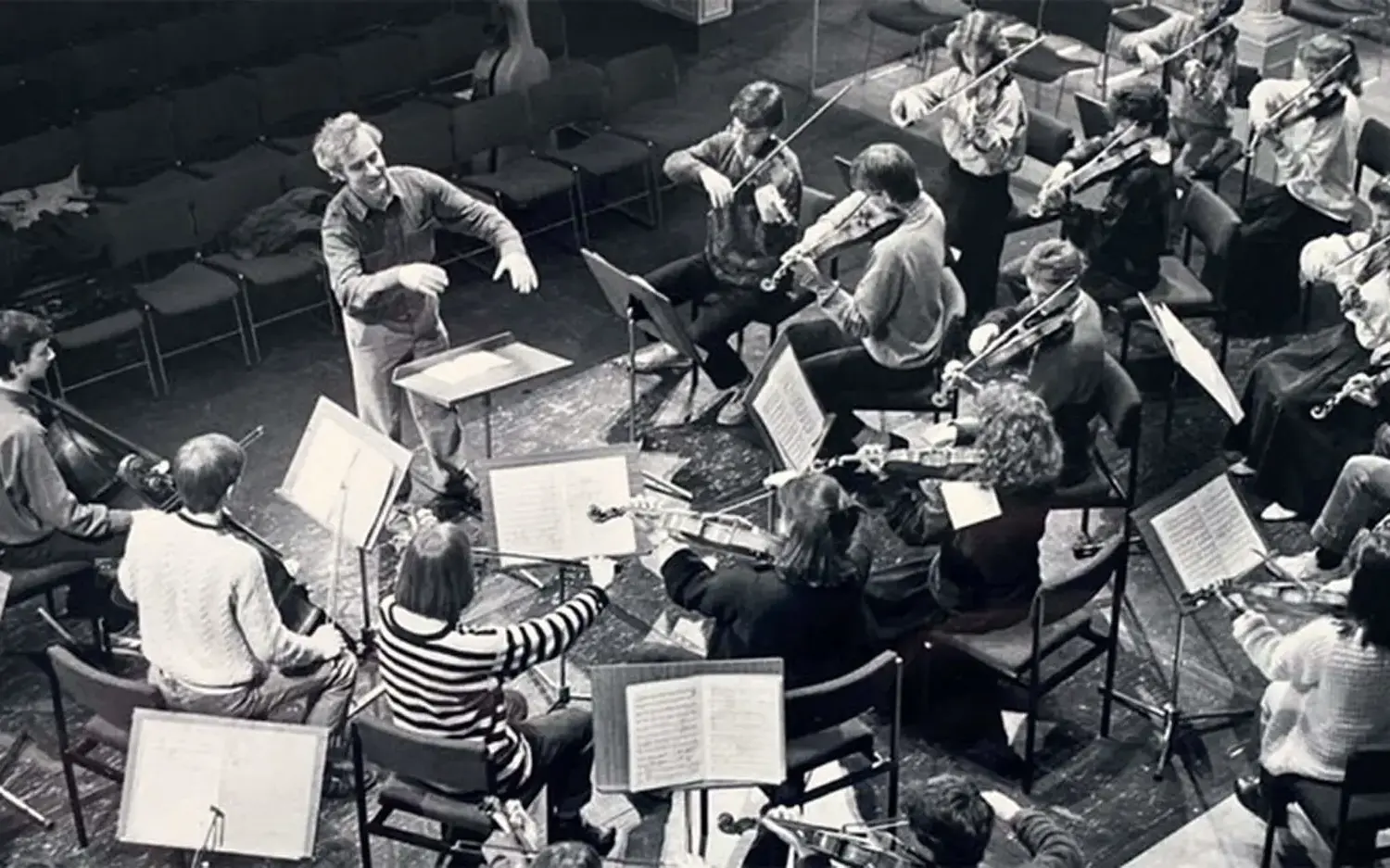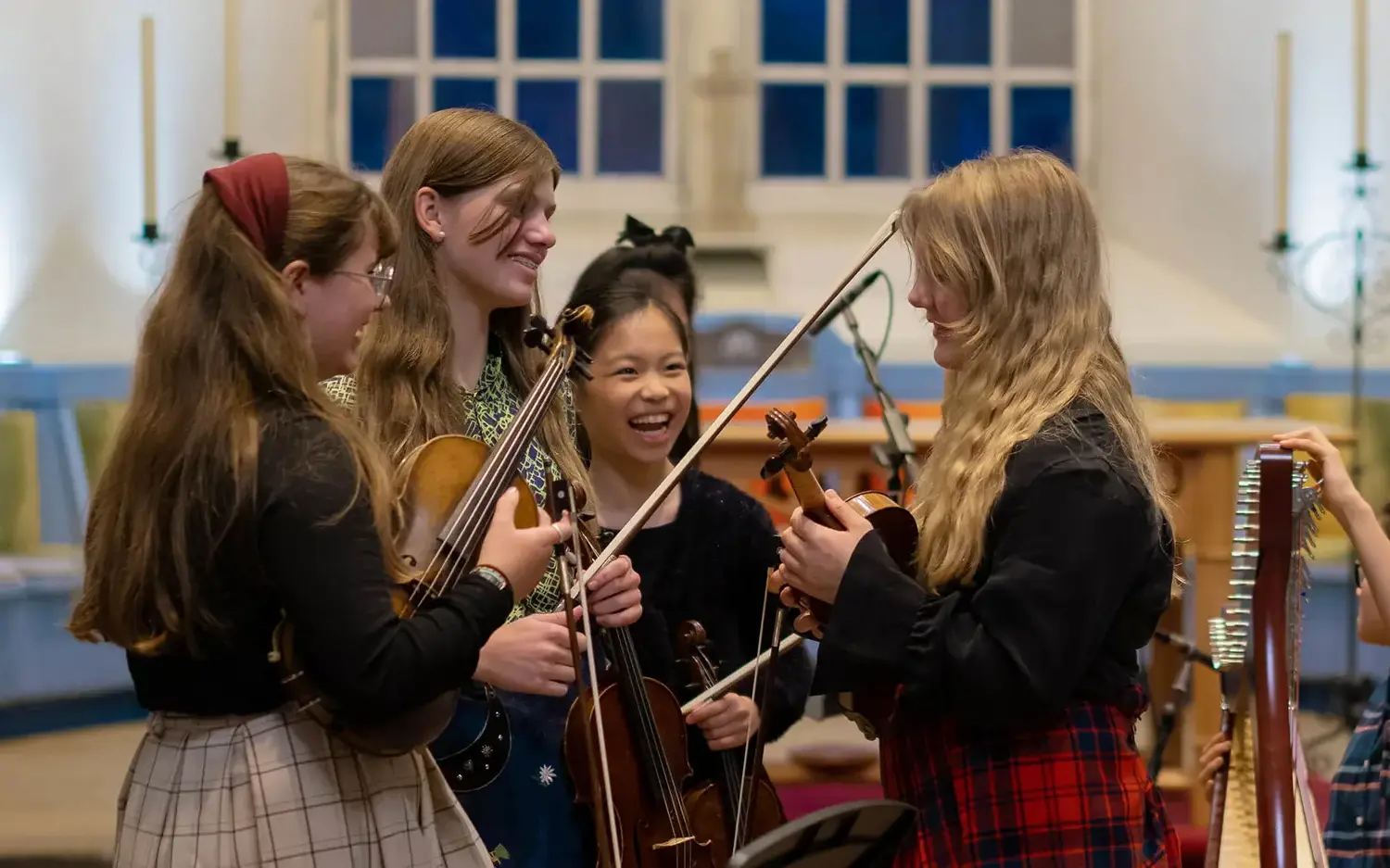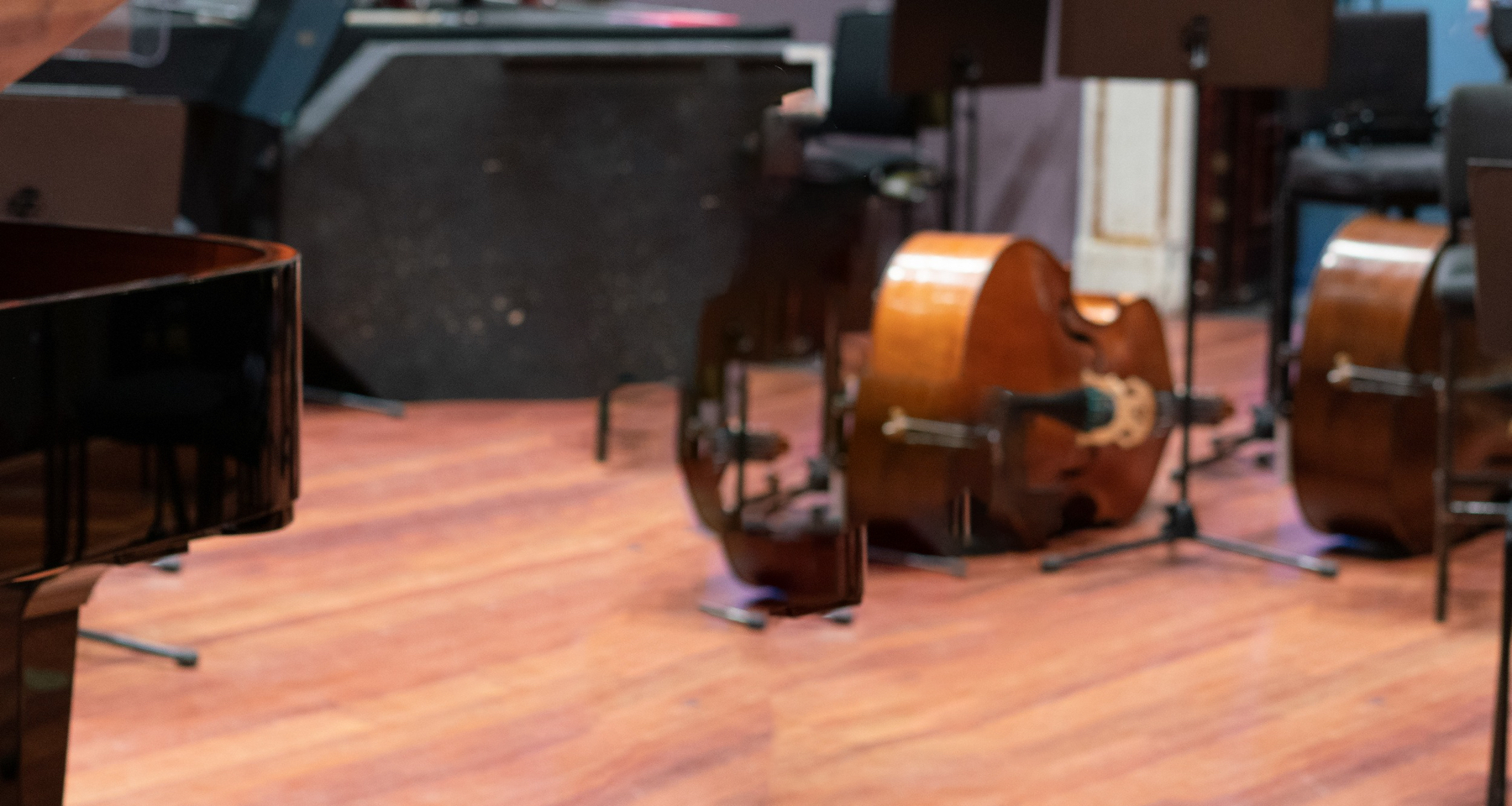OUR STAFF
Meet our extraordinary team
At St Mary’s Music School, our extraordinary staff are more than teachers – they are mentors, partners and cheerleaders in the musical and academic journeys of our pupils, guiding and inspiring in equal measures, every step of the way.
Our instrumental teachers balance teaching at the School with their own active performing and recording careers. Some teach more than one instrument and, in addition to this, also lead or coach pupils in our Chamber Music, Early Music, Traditional & Folk Music and Jazz programmes, and in our various groups and ensembles.
Learning the language of musicianship is key for all young musicians and pupils benefit from our teachers’ experience and expertise in academic music, composition and improvisation as well as our world-class aural programme, all taught through our Musicianship Skills Programme. And, of course, we support our teachers too, through focused training and development, partnerships with other schools and outreach activities in the wider community.
Our Senior Team
Our Staff
To jump to a section please select one of the following options:
Academic Staff
Music Teaching Staff
- Keyboard Department
- Strings Department
- Woodwind Department
- Brass Department
- Vocal Department
- Percussion Department
- Musicianship Skills
- Chamber Music
- Early Music
- Traditional & Folk Music
- Jazz
- Music Plus
- Summer School Course Leaders
Support Staff
Keyboard Department
| John Cameron | Director of Music & Head of Keyboard |
|---|
|
John’s early music studies centred on violin and viola, and he studied here at St Mary’s Music School from 1987 to 1988. With a scholarship from the Royal Northern College of Music (RNCM), he studied viola with Simon Rowland-Jones and Nicholas Logie before working in Denmark as an accompanist and coach, and also as conductor of the Nordvestjyske Sinfonie Orkester. In 1996, John returned to the UK to study piano accompaniment at the Guildhall School of Music & Drama (GSMD), winning a Sir Henry Richardson Award in his first year. A GSMD bursary and scholarship and a Geoffrey Parsons Memorial Award allowed him to continue at the Guildhall for a second year, and he was awarded the Schubert Prize in 1998 and the Armourers and Brasiers Accompaniment Prize in 1999. John has taken part in masterclasses led by Graham Johnson, Martin Katz, Sarah Walker, Iain Burnside and Robin Bowman and his musical highlights include the opening concert at the Covent Garden Festival 1999 and recitals at the Wigmore Hall and St John’s, Smith Square. His performance of Messiaen’s Harawi at the Cheltenham International Festival met with critical acclaim and he was the winner of the Megan Foster Accompanists Prize in 1999. He has performed on BBC Radio 3, BBC4, Radio Scotland and S4C (the Welsh language channel) and has worked with Gweneth-Ann Jeffers, Dunedin Consort, Mark Stone, Stefan Loges, Sophie Karthauser and Matthew Brook. He released a recording of songs by Ronald Stevenson with the soprano Susan Hamilton in 2003, on Delphian Records. As well as his recital work, John has worked with Grange Park Opera and Birmingham Opera Company, and as the Tour Pianist and Music Director for the Essential Scottish Opera 2002 tour. He has also worked with Mr McFall's Chamber, the Scottish Chamber Orchestra (SCO), Cadenza and the Edinburgh Festival Chorus, and has acted as repetiteur for Gennadi Rozhdestvensky, Phillipe Herreweghe, Donald Runnicles, Sir Roger Norrington and Robin Ticciati at the Edinburgh International Festival. He recently took part in the Edinburgh International Festival's Love in a Library/Bookshop/Flowerbed series of concerts. Joining St Mary’s Music School in 2003, in 2014 John took over from Richard Beauchamp as Head of Keyboard. He was appointed Assistant Director of Music in 2019 and Director of Music in 2023. As a recitalist, he accompanies both our string and wind players in concerts and masterclasses, as well as teaching piano and chamber music.
|
| Philip Bartai | Piano |
| Richard Beauchamp | Piano |
|
Richard joined the staff of St Mary’s Music School back in 1977 and was Head of Keyboard until 2014, also running our Chamber Music programme from 1983 until 2008. He has been piano teacher, accompanist, chamber music organiser and coach, music librarian, and aural training coordinator and teacher! Richard studied with former Godowky pupil, Ernest Empson, in New Zealand and was an established recitalist and concerto soloist with the New Zealand Symphony Orchestra before coming to the Royal College of Music (RCA) in London to continue his studies with Kendall Taylor and Peter Wallfisch. Highly sought after as recitalist, chamber musician and concerto soloist in the UK and abroad, his lifelong interest in anatomy and biomechanics (in relation to piano playing and musician health) has led to him giving lectures at conferences organised by the British Association of Performing Arts Medicine (BAPAM), the Royal Northern College of Music (RNCM) and the European Piano Teachers Association UK (EPTA), and his work has been widely quoted in books and academic texts.
|
| Helena Buckmayer | Piano |
|
A highly specialised expert in piano technique, Helena aims to teach pupils to play in an effortless, pain-free way by combining highly sophisticated movements with musical expressions for uncompromised artistic involvement. She has taught at the Royal Conservatoire of Scotland (RCS), the University of St Andrews and the University of Washington, USA. The majority of her pupils move on to study at top conservatoires with many becoming prizewinners at national and international competitions, including the Piano Competition in Seville, London Online Piano Competition, Loretto Steinway Competition and Luigi Cerritelli. Helena joined the School in 2014 and focuses on our first-study pianists. In 2023, she was appointed President of the World Piano Teachers Association (UK, Scotland).
|
| Duncan j Ferguson, Chorister Tutor | Organ | Voice |
|
Chorister Tutor and Organist & Master of the Music, St Mary’s Episcopal Cathedral St Mary's Episcopal Cathedral delivers Scotland's only choral foundation with a tradition of daily services and Duncan has overall responsibility for rehearsing, training and recruiting the Cathedral Choir, as well as directing its busy schedule of services, recordings, broadcasts and concerts. Duncan was previously the Organ Scholar at Magdalen College, Oxford, and St Paul's Cathedral, London, and today he also teaches organ at St Mary’s Music School. His recordings with the Cathedral Choir have gained critical acclaim, including three Gramophone Editors' Choice awards and a Gramophone Recommendation. He has recorded the St Mary's Episcopal Cathedral organ as part of the Edinburgh Organs CD project and in a solo disc of music by William Faulkes, and enjoys performing a wide range of choral and organ music, be it at Evensong or in concerts or recitals. Duncan has a special interest in music from mid-16th century England and, as an organist and choirmaster, has toured widely and worked with various orchestras and ensembles.
|
| Djordje Gajic | Accordion | Traditional and Folk Music |
|
Djordje began his musical studies in Yugoslavia and is a graduate of the Russian Academy of Music. He continued with postgraduate studies at the Gnesins Russian Academy of Music and was appointed Assistant to Yuri Dranga. Djordje has won many international competitions for accordion, including the Trophée Mondiale in 1988 and the International Accordion Competition Grand Prix in 1987. He has also received many awards for outstanding merit, leading to television and radio broadcasts. Djordje has performed at international music festivals, and with the Russian State Symphony Orchestra and Royal Scottish National Orchestra (RSNO), as well as giving many solo recitals throughout Europe, including in Russia, Serbia, Andorra, Holland, France, Germany, Poland, Latvia, Italy, Croatia, Slovenia, Norway, Bahrain and Britain. He is a professor at the Royal Conservatoire of Scotland (RCS).
|
| dr John Kitchen | Harpsichord |
|
John is an organist, harpsichordist, pianist, continuo player, accompanist, choral director, lecturer, writer, reviewer, adjudicator and recording artist. Following twelve years as Lecturer in Music and University Organist at the University St Andrews, he was appointed Senior Lecturer in Music at the University of Edinburgh. An active member of the Music Department there from 1988 until 2014, when he retired from teaching, he still retains the post of University Organist. John directed the Edinburgh University Singers for 30 years, until 2018, and is currently both Director of Music at Old Saint Paul’s Episcopal Church, and the Edinburgh City Organist, with performing and curatorial duties at the Usher Hall. He maintains a close association with the University of Edinburgh’s St Cecilia’s Hall and the early keyboard instruments there, most of which he has recorded for the Edinburgh-based label, Delphian Records. He has also made many organ recordings, including three on the Usher Hall organ.
|
| Chick Lyall | Jazz Piano |
|
Chick studied at the University of Glasgow, winning the Goudie Prize for Composition, and studied composition with Lyell Cresswell and piano with Gusztav Fenyo at the Royal Scottish Academy of Music and Drama (RSAMD), now the Royal Conservatoire of Scotland (RCS). In 1996 he received a Scottish Arts Council award to study with theorist Joe Mandriva at the New England Conservatory in Massachusetts, USA. Chick has worked as a jazz pianist and composer and has made several recordings with Leo Records, Caber Records and FMR Records, as well as recording six albums with Rob Hall who also teaches here. In 2004, he received a Creative Scotland Award to develop a two-piano project with classical pianist Steven Osborne, a notable alumnus of the School, and has received commissions from Musica Nova, the Scottish Chamber Orchestra (SCO), Mr McFall’s Chamber, Red Note Ensemble, Scottish Arts Trust, Scottish National Jazz Orchestra (SNJO), and both the Edinburgh and Glasgow International Jazz Festivals. Chick has performed and recorded with several Scandinavian artists, including Joakim Milder and Tore Brunborg (saxophonists), Arild Andersen (bassist) and Jon Christensen (drummer), and has collaborated with UK musicians including Tommy Smith and Phil Bancroft (saxophonists), Ian Carr (trumpeter) and John Kenny (trombonist), as well as numerous Scottish-based musicians. He has toured and performed in France, Ireland, Italy, Hungary, Georgia, Germany and Russia.
|
| Anna Michels | Piano |
|
Anna has performed internationally as a soloist and chamber musician and was one of the first students to be awarded a double Bachelors degree from Maastricht Conservatoire in the Netherlands, studying both Piano and Music Theory. Anna also graduated with a Masters and Artist Diploma from the Royal Conservatoire of Scotland (RCS), studying under Aaron Shorr. Anna is interested in unearthing hidden treasures of the classical repertoire, with a focus on the Scottish composer Ronald Center, resulting in international lecture-recitals, including at the London International Piano Symposium and Musica Scotica Conference. She founded the Ad Libitum Collective, an ensemble at the RCS that explores the possibilities of free improvisation. The group collaborates closely with dancers, and this has led to a multidisciplinary performance as part of the annual Piano Festival at RCS. As a solo improviser, she represented the RCS at the METRIC Improvisation Conference in Leipzig in 2023. A recipient of the Cross Trust, Anna was awarded the Falkirk Civic Trust ‘Young Personality of the Year’ and, alongside soprano Rosie Lavery, she works regularly with the charity Live Music Now Scotland, bringing music to those who need it most.
|
| imogen morgan | organ |
|
Imogen Morgan is the Assistant Director of Music at St Mary’s Episcopal Cathedral, a position she has held since August 2021. In this role she is the main accompanist for the Cathedral Choir for their daily services, helps train the choristers and assists with the Cathedral’s outreach and recruitment projects. She has also broadcast as a soloist and accompanist live on BBC Radio 3 and recorded for Delphian Records. Imogen is a prize-winning Fellow of the Royal College of Organists and was a finalist in the 2020 Northern Ireland International Organ Competition. Imogen is increasingly in demand as a solo recitalist with recent concerts at Wells and Bradford Cathedrals, Leeds Town Hall and St Paul’s Cathedral, as part of the Orgelbüchlein Project. Alongside her duties at the Cathedral, Imogen is a founding member of the Cathedral Music Trust’s Future Leaders Group, Events Officer for the Society of Women Organists and teaches organ here at St Mary’s Music School. Imogen is also a postgraduate research student at Durham University, specialising in the intersection of music psychology and theology, having completed her undergraduate degree with First Class Honours. During this time she was the Senior Organ Scholar of Durham Cathedral and University College, the latter with whom she recorded Duruflé’s Requiem for Priory Records. Imogen released her first solo album, The Organ Works of Robin Milford, with Priory Records in January 2023 to critical acclaim, including several premiere recordings.
|
| philip sharp | piano |
|
As a soloist, Philip has performed at venues including the Wigmore Hall, St Martin-in-the-Fields and St John's, Smith Square, and at international festivals including the Festival Pianistico Bartolomeo Cristifori in Italy. He has given live broadcasts on BBC Radio 3 and, in 2017, was selected to be a Park Lane Group Artist, and was the only British pianist selected for the 2020 International Piano Competition of Orléans. In 2016, Philip graduated from the University of Manchester and the Royal Northern College of Music (RNCM) with First Class Honours in the Joint Course, having previously studied with Dr Murray McLachlan at Chetham’s School of Music and the Royal Northern College of Music (Junior Department), and with Anne Scott in Glasgow. Inheriting a love for new music from Dr McLachlan, Philip has given world premieres of works by rising stars of British contemporary music including a performance of George Benjamin's Shadowlines at the Wigmore Hall, with the composer in attendance, and Thomas Ades' Traced Overhead at the final of the RNCM Gold Medal Competition. In addition to his teaching post here, Philip enjoys a busy career as a collaborative pianist and chamber musician and, from 2017 until 2019, held the John Wilson Junior Fellow in Accompaniment at the RNCM. In 2018, alongside acclaimed saxophonist Emma McPhilemy, he was awarded a place on both the Countess of Munster and Concordia Foundation Recital Schemes. Philip enjoys making virtuoso piano transcriptions of well-known classical works and, in 2018, his transcription of Nessun Dorma was featured by Classic FM and in a French film chronicling the romantic life of Gustav Klimt, L'amour à l’œuvre.
|
Strings Department
| Dr Valerie Pearson, Head of Strings | Violin |
|---|
|
Valerie studied the violin with Diana Cummings at the Royal Academy of Music (RAM) during her undergraduate music degree at King's College, London and says that Diana's teaching gave her a deep understanding of the physiology of playing, which completely transformed her relationship with the violin, and had a huge influence on her own teaching. Her interest in modern music, and in the relationship between performer, composer and audience, formed the basis of her doctoral research at the University of York, where she also developed ways of combining performance and composition through improvisation. With a wealth of experience as a teacher, Valerie's skills range from starting off three-year-old Suzuki violinists to leading university projects and teaching at international summer music schools. While completing her PhD, she began building a private teaching practice that became highly successful and widely sought after. She created a close network of confident young players through group activities, chamber music and concerts, and enjoyed supporting them in their successes in national competitions, and for National Children’s Orchestra, National Youth Orchestra and conservatoire auditions. Joining the School in 2020 as Head of Strings, Valerie works with both junior and senior pupils, directs our Senior String Ensemble and also leads our Junior Orchestra.
|
| Ruth Beauchamp | Cello |
|
Ruth came from New Zealand on an ABRSM (the exam board for the Royal Schools of Music) overseas scholarship and an award from the NZ Arts Council. After studying with Joan Dickson at the Royal College of Music (RCM) in London, and attending intensive teaching courses given by pioneering pedagogues Paul Rolland, Phyllis Young and the Szilvay brothers, Ruth became Joan Dickson’s Teaching Assistant at the Royal Scottish Academy of Music and Drama (RSAMD), now the Royal Conservatoire of Scotland (RCS) and, at Joan’s invitation, began teaching at St Mary’s Music School in 1977. Many of Ruth’s students go on to enjoy successful professional careers with several performing with excellence at both national and international competitions.
|
| Adrian Bornet | Double Bass |
|
Adrian started his musical life as a cathedral chorister and lay clerk picking up piano, double bass, tuba, photography, caving, and long-distance motorcycling along the way, as well as farming and reading theology! Spending two years at the Royal College of Music (RCA) in London, Adrian studied with Adrian Beers and Rodney Slatford, freelanced in London and was the Choirmaster at St Giles Cripplegate before joining the Scottish Chamber Orchestra (SCO). He is involved in teaching, youth orchestra training and music education, and is a co-founder of the Scottish Bass Trust.
|
| Duncan Ferguson, Head of Chamber Music | Viola | Chamber Music |
|
Duncan has performed worldwide as a soloist, chamber musician and orchestral musician. He graduated from the Royal Scottish Academy of Music and Drama (RSAMD), now the Royal Conservatoire of Scotland (RCS), in 1992, having studied viola with James Durrant MBE. After winning multiple prizes and competitions, he was awarded an Exhibition and Full Scholarship to study with the Amadeus Quartet at the Royal Academy of Music (RAM) in London. Duncan subsequently joined the Medea Quartet, studying with many of the world’s great string quartets including Borodin, Alban Berg, Bartok and La Salle. Joining both the English Chamber Orchestra and the Academy of St Martin in the Fields (ASMF) in 1996, Duncan continued to focus on chamber music and toured extensively with the ASMF Chamber Ensemble from 2003 to 2013, playing with musical luminaries such as Joshua Bell, Stephanie Gonley and Janine Jansen. He has performed to diverse audiences in over 70 countries – from the world’s major concert halls to Soweto townships – and as a guest principal with most of the London-based orchestras and can be heard on hundreds of classical, film and commercial recordings. Duncan has taken part in numerous education projects (mainly for children with autism) and joined the Scottish Chamber Orchestra in 2016 as sub-Principal Viola. He now focuses on his teaching here and as Lecturer in Strings and Chamber Music at the RCS, where he has had a Viola Studio since 2011.
|
| Kana Kawashima | Violin |
|
Born in Japan and brought up in the UK, Kana studied with Eszther Katona and Natasha Boyarsky before gaining a place at the Yehudi Menuhin School at the age of 12, and then received both her Bachelors and Masters degrees from the Vienna Conservatory, studying under Pavel Vernikov. In 2017, Kana also gained her Artist Diploma from the Royal Academy of Music (RAM), where she held the Florence Whitlock Scholarship, studying violin with So-Ock Kim and Baroque violin with Nicolette Moonen and Margaret Faultless. Kana has toured extensively as a soloist and chamber musician, including as part of the Kawashima Duo with her pianist sister Miho, performing in major venues including the Wigmore Hall and Royal Albert Hall in London, and the Musikverein in Vienna, and performing at festivals including Kronberg, Julian Rachlin and Friends, and the Eilat International Chamber Music Festival. She has been in the Scottish Chamber Orchestra (SCO) as First Violin (No 4) since 2019, is a member of the Isola Quartet and performs regularly with the Aurora Orchestra, Royal Northern Sinfonia, London Philharmonic Orchestra and BBC Scottish Symphony Orchestra.
|
| Michael mcgeary | GUITAR |
|
Michael McGeary is primarily a classical guitarist, performing as a soloist and ensemble member around the United Kingdom and entering international competitions, although his musical roots also stem from school lessons on electric guitar, violin, rock drums, samba band and orchestral percussion. During secondary school he was invited to audition for the Royal Conservatoire of Scotland Juniors to study under Head of Guitar, Allan Neave. He continued at the RCS, with a Bachelor of Music degree, then completed his studies in London with a Master of Performance degree at the Royal College of Music. Here he worked alongside talented musicians and performed in some of the country's most esteemed music venues: the Royal Albert Hall, the V&A Museum, the Southbank Centre and Kings Place. He then remained in the capital, giving music tuition to pupils of all ages and abilities, and collaborated with peers and RCM alumni continuing to build his performance career around the United Kingdom. Performance highlights have included concerto performances in Perth and Ruthven, performing and giving masterclasses in Scottish guitar festivals and forming a flute and guitar duo with varied performances ranging from concert halls to nursing homes. Michael has been a tutor of all guitar styles for 14 years and currently teaches in schools across Edinburgh.
|
| Hilary Michael | Violin & Jazz Violin | Chamber Music | Early Music | Improvisation |
|
A Scottish violinist and saxophonist, Hilary studied with Richard Deakin (violin) and Martin Speake (saxophone) at the Royal Academy of Music (RAM), graduating in 2006 with First Class Honours. She returned to the RAM for a two-year Postgraduate Diploma in Historical Performance, studying Baroque violin with Pavlo Beznosiuk. She won the Mica Comberti Bach Prize, performed Mendelssohn’s Concerto in D minor for Violin and Strings with the Becket Ensemble and David Watkin, led the RAM Baroque Ensemble and was the winner of their 2008 Early Music Prize. Hilary now enjoys a busy freelance career, performing and recording all over the world with groups such as Dunedin Consort, Academy of Ancient Music, Orchestra of the Age of Enlightenment, Orchestre Romantique et Revolutionnaire, Avison Ensemble, Gabrieli Consort, La Serenissima and Scottish Chamber Orchestra (SCO). She has also been the Leader/Director of the Kellie Consort, a group set up by Tom Wilkinson to give music students and recent graduates experience in period instrument performance. Hilary also works in jazz education, most notably as the String Tutor on the Richard Michael Summer Jazz Course since 2002. She is a regular visiting tutor to the Fife Youth Jazz Orchestra, has taught on improvisation workshops for Making Music and was the Woodwind Tutor for the Glasgow Schools Jazz Orchestra for seven years. An alumna of the School, Hilary has been a coach on our Chamber Music Programme since 2015, with a focus on historical performance practice. She also directs our Early Music Group, teaches jazz violin as part of our Jazz Programme, and teaches both aural and improvision classes to our senior pupils as part of our Musicianship Skills training.
|
| Charlotte Peterson | Clarsach (Celtic Harp)| Traditional & Folk Music |
|
One of Scotland’s most talented harpists, composers and arrangers, Charlotte plays both the concert harp and the Clarsach (Celtic harp). Charlotte studied with Savourna Stevenson and gained a degree in Harp Performance from the RSAMD (now the Royal Conservatoire of Scotland). Charlotte has played throughout the UK and Europe, has recorded and written music for world-class musicians and has published a book of her own compositions. |
| Rachel Smith | Violin |
|
Australian-born violinist Rachel joined us in 2018, having been a member of the Scottish Chamber Orchestra (SCO) since 2014. Prior to that, she was Principal First Violin in the Queensland Symphony Orchestra and is a regular guest player with the Australian Chamber Orchestra and Royal Northern Sinfonia. A keen chamber musician, Rachel is the founding Artistic Director of the Stradbroke Chamber Music Festival, which takes place on a beautiful sub-tropical island off the coast of Brisbane and incorporates an education programme for younger school students as well as an intensive chamber music programme for tertiary students. Rachel has taught and coached extensively from beginner to tertiary level and has been on the staff of the Queensland Conservatorium of Music, Macgregor Summer School, Southern Cross Soloists Winter School and Broughton High School in Edinburgh. Rachel completed her undergraduate music studies at the Queensland Conservatorium of Music with Michele Walsh, and her Masters at the Northwestern University in the USA where she was awarded a fellowship with the Civic Orchestra of Chicago. In 2003 she was recipient of the Lord Mayor’s Performing Arts Fellowship, enabling her to undertake further violin studies with Ilan Gronich in Berlin. In 2013, she received an Australia Council grant to study with Sophie Till in the USA, deepening her understanding of the elements that make up a healthy technique.
|
| Allison Stringer | Violin |
|
Allison is a violinist, interdisciplinary artist and creative practitioner, specialising in classical, contemporary and interdisciplinary music and is a Classical and Scottish Music educator. Currently undertaking a PhD at the Royal Conservatoire of Scotland and University of St Andrews, Allison already holds a Masters in Violin Performance from Codarts University for the Arts in the Netherlands, where she studied under Gordan Nikolić, and a Bachelor of Music (Hons) in Violin Performance from Wilfrid Laurier University in Canada. Allison began playing the violin at just two and a half years of age, later taking up piano and viola, and has toured throughout North America, Europe and the UK. She has performed at the Edinburgh Fringe Festival, with the Gergiev Festival Orchestra in Rotterdam, with the Doelen Ensemble, and – as a soloist – has premiered jazz-inspired compositions with the Fifty Fiddles Orchestra and also The Lost and the Damned by Canadian composer Adam Hakooz at De Doelen, Rotterdam. Allison is also a session musician in the Folk and Indie Music scene, performing with internationally renowned artists including Amanda Palmer and Daniel Martinez. She is Director of Music at Lochaber Music School in Fort William, an external assessor for the Royal Conservatoire of Scotland (RCS) and a violin tutor at the Yehudi Menuhin School.
|
| kim vaughan | Cello |
|
Kim Vaughan enjoys a varied musical career as a chamber musician and artistic director. She is a founder member of the Benyounes Quartet, who were recipients of the Royal Philharmonic Society’s prestigious Isserlis scholarship and multiple prize winners at international competitions, and is also artistic director of the Quercus Ensemble. With the Benyounes Quartet, Kim designed and led BMS’s pilot chamber music course in 2016, and she has performed with both groups on several occasions for the Society.
|
Woodwind Department
| eilidh gillespie | flute |
|---|
|
Eilidh has held the position of Principal Flute with the Orchestra of Scottish Opera since 2022. Eilidh’s first orchestral appointment was as Principal Flute of the Hong Kong Sin-fonietta, and she has subsequently held positions with the BBC National Orchestra of Wales and Royal Northern Sinfonia. Besides her work with Scottish Opera, Eilidh leads a busy freelance career, having worked as guest principal flute with the BBC Scottish Symphony Orchestra, RSNO, Scot-tish Chamber Orchestra, Scottish Ballet, Royal Liverpool Philharmonic Orchestra, Opera North, Birmingham Royal Ballet and Bournemouth Symphony Orchestra. She has also worked with the London Symphony Orchestra, London Philharmonic Orchestra, the Philharmonia, BBC Symphony Orchestra and the Chamber Orchestra of Europe, among others. Eilidh’s solo and chamber performances include work with the Claremont Ensemble, the Liverpool String Quartet, appearances at the Brundibar Arts Festival and many chamber music concerts and concerto performances with Royal Northern Sinfonia. Eilidh has coached the flute sections of the National Youth Orchestra of Great Britain, NYO ‘Inspire’ and the National Youth Orchestra of Scotland. Eilidh studied at Edinburgh University where she gained a first class honours degree in music. She went on to complete her postgraduate studies with distinction at the Royal College of Music in London where she studied flute with Simon Channing, Jaime Martin, Celia Chambers and Paul Edmund Davies, piccolo with Stewart McIlwham and baroque flute with Rachel Brown.
|
| Jean Johnson | Clarinet |
|
Jean began her career with the Singapore Symphony Orchestra and, since moving to the UK, now regularly freelances with orchestras based here. Her guest principal work includes appearances with the Bergen Philharmonic, Royal Philharmonic Concert Orchestra, Scottish Chamber Orchestra (SCO), Southern Sinfonia, BBC Scottish Symphony Orchestra and Camerata Ireland. Jean is a member of the Daniel's Beard Chamber Ensemble and has a regular duo with pianist Steven Osborne, an alumnus of St Mary’s Music School. She has performed chamber music in some of the world's finest venues, including the Concertgebouw (Amsterdam), Carnegie Hall (New York) and Palais des Beaux-Arts (Brussels) and has performed in chamber music festivals including Spannungen, Bozar Brussels, Schwetzingen, International Musicians Seminar Prussia Cove, Sound Festival, St Magnus Festival and the West End Festival in Glasgow. As a soloist, she has performed with the Singapore Symphony Orchestra and the Wuhan Symphony Orchestra (China) and, in Scotland, has performed concertos by John McLeod and Steve King.
|
| Fraser Kelman | Oboe |
|
Born in Aberdeen, Fraser was a pupil here before moving to London to study at the Royal Academy of Music (RAM) and the Royal College of Music (RCM). Since graduating in 2009 he has pursued a busy freelance career, primarily as an orchestral oboist, performing with many of the UK's leading ensembles including the English Chamber Orchestra, Philharmonia Orchestra, Royal Philharmonic Orchestra, City of Birmingham Symphony Orchestra, Bournemouth Symphony Orchestra and Royal Northern Sinfonia. In 2017, Fraser moved to Edinburgh to teach at St Mary’s Music School and also with the Royal Conservatoire of Scotland (RCS) as a teacher in the junior department and as a visiting assessor for senior students… while still maintaining a busy performing career, appearing with the Scottish Chamber Orchestra (SCO), Royal Scottish National Orchestra (RSNO), BBC Scottish Symphony Orchestra, and Scottish Ballet Orchestra. He also worked with the creative learning department of the SCO to devise and help to deliver projects aimed at developing the ensemble skills of young wind players. Fraser cultivates an interest in chamber music and recent highlights include collaborating with the Benyounes Quartet, cellist Kim Vaughan and pianist Sarah Beth Briggs. He has wide experience as a soloist, with concerto performances including works by Albinoni, Bach, Haydn, Marcello, Mozart, Strauss, Telemann and Vivaldi. In January 2020, he premiered Tom David Wilson’s Concertante Oboe.
|
| Dr Andrew Somerville | Saxophone |
|
Andrew pursues a varied career in music performance and education that has included recital, concerto and chamber engagements at Cadogan Hall, Southbank Centre, Wigmore Hall and music clubs throughout Scotland. He has also worked with the BBC Scottish Symphony Orchestra, Scottish Ballet Orchestra and the Royal Scottish National Orchestra (RSNO) and his academic research generates traditional written outputs, research-led artistic practice, and improved outcomes for learning and teaching. As well as teaching at St Mary’s Music School, Andrew is Lecturer of Saxophone at the Royal Conservatoire of Scotland (RCS) and draws on a diverse background in instrumental teaching and higher education in his role as Course Leader of the MA Music Practical Teaching course, delivered jointly by ESTA Education and the University of Chichester. He recently joined the board of trustees of the National Youth Wind Orchestra of Great Britain and during the summer he teaches at Young Chamber Music and the RCS Saxophone Summer School.
|
| dr Laszlo rozsa| recorder |
|
Praised for his "beautiful tone" and "subtlety" (MusicWeb International), Hungarian-born László Rózsa enjoys a versatile musical career as a recorder player, researcher, and educator. László studied recorder with Peter Holtslag at the University of Music and Theatre Hamburg and at the Royal Academy of Music in London. As a soloist and chamber musician he has performed across the UK, Europe, North America, and China. László is the principal recorder player of Scotland's Dunedin Consort, and he has shared the stage with multiple other leading period orchestras, including Spiritato, La Nuova Musica, and Oxford Baroque. He has appeared numerous times on BBC Radios 3 and 4, and his playing can be heard on albums published by Linn Records, Resonus Classics, Veterum Musica, TNW Music, and Huth-Records. László is passionate about contemporary music, and he has premiered several new works for his instrument. He enjoys collaborating with composers; recent projects include working with Nicholas Olsen, Timothy Cooper, and István Láng. László is a founding member of the chamber groups Ensemble 1604, which aims to explore and create new music that engages directly with the sound world of early music, and Scots Baroque, which experiments with a fusion of techniques and genres including improvisation and folk styles. László holds a PhD degree in historical musicology from the University of Glasgow, where he taught as an Affiliate Lecturer before joining the University of Nottingham in the autumn of 2023. He has also delivered lessons, workshops, and lectures in various other institutions, including the Royal Conservatoire of Scotland, McGill University, the Royal Academy of Music, and the University of York. |
| Jane Waters | Bassoon |
|
Jane was born in Edinburgh and studied at the Guildhall School of Music & Drama with Roger Birnstingl and William Waterhouse. She won a Caird Scholarship and Scottish Arts Council award to continue her studies at the Geneva Conservatoire with Roger Birnstingl. She has performed frequently with the Scottish Chamber Orchestra, Scottish Ballet Orchestra, BBC Scottish Symphony Orchestra and Paragon Ensemble as well as being a member of the Alba Trio with Elizabeth Fyfe and Malcolm Martineau. Jane brings more than 30 years’ experience in education to her role at St Mary’s Music School. |
Brass Department
| sue baxendale | horn |
|---|
|
Sue Baxendale is the Section Principal Horn of the Orchestra of Scottish Opera, and plays and teaches horn, natural horn and Wagner Tuba. Sue read English and Music at the University of Birmingham before studying as a postgraduate at the Royal Northern College of Music (PGDipRNCM). She joined Scottish Opera in 1996, and since then has freelanced with BBC Scottish Symphony Orchestra, BBC Philharmonic, the Halle, Opera North, Royal Scottish National Orchestra, City of Birmingham Symphony Orchestra, Bournemouth Symphony Orchestra, Scottish Chamber Orchestra and Scottish Ballet amongst many others. Alongside her teaching at St Mary’s Music School, Sue is also on the staff of the Royal Conservatoire of Scotland, the RCS Junior Conservatoire and the Music School of Douglas Academy. She also tutors for the National Children’s Orchestra, National Youth Orchestras of Scotland, National Youth Wind Ensemble of Scotland, the Caledonian Chamber Orchestra, and co-directs Malvern Winds, a large-scale chamber music course for adults.A varied portfolio musician, passionate about working creatively within a wider social and cultural context and actively advocating for inclusivity and neuro-diversity across all her work, Sue combines her playing and teaching career with work as a Creative Producer and Project Manager, devising and delivering outreach work for children, young people and adults in both educational and community settings. Projects include programmes for McOpera (which she co-directs), Scottish Chamber Orchestra (Creative Learning) and for festivals including Haddo Arts and the Lammermuir Festival, for whom she has delivered several large-scale community operas (Noye’s Fludde, An Cadal Trom, Catriona and the Dragon).
|
| Rachel Brady | French Horn |
|
Rachel grew up in the Scottish Borders and began playing the French horn at the age of eleven before studying with Charlie Floyd at Napier Polytechnic (now Napier University) in Edinburgh and playing in the Edinburgh Youth Orchestra and National Youth Orchestras of Scotland (NYOS). She then studied at the Royal College of Music (RCM) in London and her teachers, Terry Johns, Charlie Floyd, Tim Brown, Julian Baker and Sue Dent, all ignited a passion for playing Natural/Classical and Baroque horns too. After graduating from the RCM, Rachel remained in London, working freelance with various orchestras, opera and ballet companies, and chamber music ensembles. She played with many of the top period instrument orchestras and in several West End shows (including three years in the band of Mary Poppins). Since returning to the Borders with her young family in 2010, Rachel has continued her period instrument enthusiasm as an extra player with the Scottish Chamber Orchestra (SCO) and Ludus Baroque. She also works regularly with both the Orchestra of Scottish Opera and the Scottish Ballet Orchestra and particularly enjoys exploring the ‘how to’ aspect of horn playing with her pupils.
|
| Peter Franks | Trumpet |
|
Peter studied at the Guildhall School of Music & Drama under Bernard Brown and Raymond Simmons. He was a national finalist and London area winner of the 1979 Shell-LSO Scholarship Competition and, later that year, was awarded a bursary to join the National Centre for Orchestral Studies. Aged just 22, he joined the Scottish Chamber Orchestra (SCO) and became Principal Trumpet three years later. Peter has performed and recorded with many distinguished conductors, both with the SCO and as guest principal with many other orchestras. As a soloist, he has performed the Hummel Trumpet Concerto under the direction of Jukka-Pekka Saraste, the Haydn Trumpet Concerto with Carl Davis, the Vivaldi Concerto for Two Trumpets in the Edinburgh International Festival, and the UK and USA premieres of the Strathclyde Concerto No 3 for Trumpet and Horn by Peter Maxwell-Davies, together with its subsequent recording. His recent recordings of Handel arias with both Bryn Terfel and Emma Bell have received critical acclaim. Peter is a founding member of SCO Brass, who were commissioned to record James MacMillan’s Adam’s Rib and They saw the stone had been rolled away on the BIS label. He has been Trumpet Lecturer at the Royal Conservatoire of Scotland since 1989.
|
| Professor John Kenny | Trombone |
|
Trombonist, composer and actor, John has performed and broadcast as a soloist in over 60 nations as an interpreter of contemporary, jazz and early music. Since 1982 he has been musical director of the TNT Theatre Company, currently based in Munich, composing and performing in productions which have toured worldwide. John is also Artistic Director of Carnyx & Co and a founder member of the European Music Archaeology Project. In 1993, he became the first person for 2,000 years to play the great Celtic war horn, known to the ancient world as the Carnyx, and is now featured on multiple CDs, films and video games. He is Professor of Trombone at the Guildhall School of Music & Drama (GSMD) in London, visiting artist at the Royal Conservatoire of Scotland (RCS), Director of Brass at the San Marino New Music Project, and regularly gives masterclasses and lectures at conservatoires and universities throughout Europe, the USA and Asia. In 2017, he was the recipient of a Lifetime Achievement Award from the International Trombone Association in Los Angeles, one of only two British musicians ever to receive this accolade.
|
Vocal Department
| Kate Aitken, Head of Voice | Voice |
|---|
|
A graduate of both the Royal College of Music (RCA) and the Royal Academy of Music (RAM), Kate has worked as a professional opera singer since 2016, becoming a member of Studio Opéra de Lyon in France, where she discovered a love for French repertoire and learned to speak the language fluently. Kate has taught singing and music theory privately since 2010, becoming closely involved with outreach projects with the Samling Institute for Young Artists and Edinburgh International Festival. Kate aims to bring her musical and professional experiences to the next generation of artists, enabling them to emerge with the tools they need to succeed in the music industry. Joining St Mary’s Music School in 2022, she leads our Voice Department, creating opportunities through our Changing Voices and Senior Vocal programmes. Kate’s recent operatic highlights include Dorabella (Cosi Fan Tutte) and Carmen (Carmen) for Diva Opera; The Woman (The Soldier’s Return) for Opera Sunderland; and Charles Grey (Georgiana) for Buxton Opera Festival. For Sudio Opéra de Lyon, she has sung the roles of Witness 2/Singer 2/Woman 2 (Lessons in Love and Violence), Tisbe (La Cenerentola) and Pippetto (Viva la Mamma!) as well as Pippetto for Grand Théâtre de Genève, Tisbe for the Edinburgh International Festival and Cherubino (The Marriage of Figaro) for English Touring Opera. She premiered the role of Beauty, in Beauty and the Seven Beasts by The Opera Story, a role written for her, and performed in Is The Rose by Caroline Shaw with the Royal Northern Sinfonia as well as concerts with the Brandenburg Choral Festival, Southern Cathedrals Festival and Studio Opéra de Lyon.
|
| Alexandra Wynne | Voice |
|
Alexandra enjoys a varied career that includes singing, teaching and workshop leading. A graduate of the Royal Birmingham Conservatoire of Music with a BMus(Hons) in 2012, she completed some of her training through an ERASMUS stay at the Conservatoire National Supérieur de Musique in Lyon. She now enjoys a busy freelance career across the UK and holds teaching positions at Royal Birmingham Conservatoire Junior Department and Elmhurst Ballet School. All our choristers have lessons with Alexandra every two weeks. As an ensemble singer, Alexandra spent 15 years as a choral lay clerk at St Chad’s Cathedral in Birmingham, performing regularly for tours, radio and BBC broadcasts. Before this she was a choral scholar at St Martin in the Fields in and has performed with ensembles including Genesis Sixteen, The Ar-monico Consort, Ex Cathedra, St Philip’s Cathedral and Birmingham Oratory. As the founder and director of Choirs at Work Ltd from 2014 until 2023, Alexandra delivered choir workshops to organisations including the University of Oxford and Saïd Business School, Pinsent Masons Law Firm, The Law Society, The Solicitor’s Regulatory Authority and Macmillan Cancer Care. Choirs at Work Ltd was a finalist for the NatWest Venus Awards in 2016 for the categories of New Business and Customer Service. From 2012 until 2023, Alexandra also co-ran a regional schools singing programme based in Birmingham city centre. The project saw singing workshops delivered to hundreds of children every week, culminating in services at St Chad’s Cathedral.
|
Percussion Department
| Tom Hunter | percussion |
|---|
|
A percussionist and timpanist based in Scotland, Tom performs with top orchestras as well as playing new music as soloist and chamber musician, and as the percussionist for the Red Note Ensemble, who specialise in contemporary music. He also performs regularly with the Royal Scottish National Orchestra (RSNO) and Scottish Chamber Orchestra (SCO) on timpani and percussion and has worked with many of the UK’s leading orchestras including the Royal Philharmonic Orchestra, City of Birmingham Symphony Orchestra and BBC Philharmonic Orchestra. Tom was Assistant Principal Timpanist from 2005 until 2009 with the Bergen Philharmonic Orchestra, Norway and was a founder member of the Bergen Pipe Band, training up their first drum corps. Tom graduated from the Royal Scottish Academy of Music and Drama (RSAMD), now the Royal Conservatoire of Scotland (RCS) in 2002, where he won the Governors’ Recital Prize for Percussion and performed in the BBC Young Musician of the Year 2000 percussion final. In addition to his teaching role here, Tom is also a percussion tutor at the RCS.
|
Musicianship Skills
| dr Caroline Cradock | Composition & Academic music |
|---|
|
A professional musician based in Edinburgh, Caroline is an experienced organist, piano accompanist, conductor and teacher. She has been the Assistant Organist at St John’s Episcopal Church since 2006, accompanying their choir in a number of major works including Durufle’s Requiem, Rutter’s Requiem, Jenkin’s The Armed Man and Walton’s Coronation Te Deum. As a solo player, she has given recitals in London, Aberdeen, Cambridge and Edinburgh. She won the Anderson Organ Competition as a student at the University of Edinburgh and received a scholarship to study organ with Susan Landale in Paris and a scholarship to attend the Oundle Organ Summer School. As a fully qualified secondary school music teacher, Caroline has supported her pupils to achieve excellent results in National 5, Higher and Advanced Higher Composition as well as teaching ABRSM Theory of Music from Grades 1 to 8. |
| David Elliott | Academic Music |
|
David is currently Chair of the Board of Directors of the Edinburgh Youth Orchestra and was Director of Music at George Watson’s College from 2004 until 2022. Prior to that, he was Director of Music at The Latymer School in North London. |
| Hilary Michael | Violin & Jazz Violin | Chamber Music | Early Music | Improvisation |
|
A Scottish violinist and saxophonist, Hilary studied with Richard Deakin (violin) and Martin Speake (saxophone) at the Royal Academy of Music (RAM), graduating in 2006 with First Class Honours. She returned to the RAM for a two-year Postgraduate Diploma in Historical Performance, studying Baroque violin with Pavlo Beznosiuk. She won the Mica Comberti Bach Prize, performed Mendelssohn’s Concerto in D minor for Violin and Strings with the Becket Ensemble and David Watkin, led the RAM Baroque Ensemble and was the winner of their 2008 Early Music Prize. Hilary now enjoys a busy freelance career, performing and recording all over the world with groups such as Dunedin Consort, Academy of Ancient Music, Orchestra of the Age of Enlightenment, Orchestre Romantique et Revolutionnaire, Avison Ensemble, Gabrieli Consort, La Serenissima and Scottish Chamber Orchestra (SCO). She has also been the Leader/Director of the Kellie Consort, a group set up by Tom Wilkinson to give music students and recent graduates experience in period instrument performance. Hilary also works in jazz education, most notably as the String Tutor on the Richard Michael Summer Jazz Course since 2002. She is a regular visiting tutor to the Fife Youth Jazz Orchestra, has taught on improvisation workshops for Making Music and was the Woodwind Tutor for the Glasgow Schools Jazz Orchestra for seven years. An alumna of the School, Hilary has been a coach on our Chamber Music Programme since 2015, with a focus on historical performance practice. She also directs our Early Music Group, teaches jazz violin as part of our Jazz Programme, and teaches both aural and improvision classes to our senior pupils as part of our Musicianship Skills training.
|
| dr Neil Tòmas Smith | Composition |
|
One of our celebrated Seven Hills composers, Neil’s musical journey began with Saturday Composition Classes at the Royal Conservatoire of Scotland (RCS) with Tom David Wilson, which led to him becoming one of St Mary’s Music School’s first S6 extension year students! He went on to read Music and complete a Masters in Composition and Analysis at the University of York, followed by two and a half years at the Stuttgarter Musikschule and a PhD at the University of Nottingham, and finally Neil became a postdoctoral fellow at Maastricht University. |
| Harvey Stansfield | practice supervisor & chorister musicianship |
|
Harvey Stansfield is the Assistant Organist at St Mary’s Episcopal Cathedral, Edinburgh, a position he commenced in September 2024. In this role, he accompanies the Cathedral choir for some of the weekly services and assists in the training of the choristers. Harvey holds the Associate Diploma of the Royal College of Organists and is in much demand as an accompanist, liturgical organist, and recitalist. Prior to his appointment at St Mary’s Cathedral, he spent a year as Organ Scholar at Peterborough Cathedral where he had a major role in accompanying the Cathedral choir for some of the daily services and training the probationer choristers. Harvey graduated in July 2023 with a BMus (Hons) degree in organ performance from the Royal Birmingham Conservatoire where he studied organ with Daniel Moult and Nicholas Wearne, harpsichord with Robin Bigwood and choral conducting with Sarah Tenant-Flowers and Paul Spicer. He previously held Organ Scholarships at Coventry and Blackburn Cathedrals, respectively. Harvey released his debut CD ‘FANFARE’ as the culmination of his degree studies. This disc celebrates the organ music of the 20th century English composer and organist Percy Whitlock performed on the authentic Compton organ of Southampton Guildhall. “…It is good to be reminded of Whitlock’s genius a composer of some of the great organ music of the 20th century by such an up-and-coming player” (The Organ Manual, 2023).
|
| Robin St Clair | Alexander Technique |
|
After studying at Chetham’s School of Music and reading Music at the University of Aberdeen, Robin trained as an Alexander Technique teacher between 1990 and 1993. Since then, he has run a full-time private teaching practice in Edinburgh, working with a wide range of people; he particularly enjoys working with performers of all genres. Teaching at St Mary’s Music School since 1994, Robin’s background as a musician helps him understand issues our pupils may experience, and he brings a very practical approach to learning the Alexander Technique in music and performance.
|
Chamber Music
| Duncan Ferguson | Head of Chamber Music |
|---|
|
Duncan has performed worldwide as a soloist, chamber musician and orchestral musician. He graduated from the Royal Scottish Academy of Music and Drama (RSAMD), now the Royal Conservatoire of Scotland (RCS), in 1992, having studied viola with James Durrant MBE. After winning multiple prizes and competitions, he was awarded an Exhibition and Full Scholarship to study with the Amadeus Quartet at the Royal Academy of Music (RAM) in London. Duncan subsequently joined the Medea Quartet, studying with many of the world’s great string quartets including Borodin, Alban Berg, Bartok and La Salle. Joining both the English Chamber Orchestra and the Academy of St Martin in the Fields (ASMF) in 1996, Duncan continued to focus on chamber music and toured extensively with the ASMF Chamber Ensemble from 2003 to 2013, playing with musical luminaries such as Joshua Bell, Stephanie Gonley and Janine Jansen. He has performed to diverse audiences in over 70 countries – from the world’s major concert halls to Soweto townships – and as a guest principal with most of the London-based orchestras and can be heard on hundreds of classical, film and commercial recordings. Duncan has taken part in numerous education projects (mainly for children with autism) and joined the Scottish Chamber Orchestra in 2016 as sub-Principal Viola. He now focuses on his teaching here and as Lecturer in Strings and Chamber Music at the RCS, where he has had a Viola Studio since 2011. |
| Hilary Michael | Chamber Music | Early Music | baroque violin |
|
A Scottish violinist and saxophonist, Hilary studied with Richard Deakin (violin) and Martin Speake (saxophone) at the Royal Academy of Music (RAM), graduating in 2006 with First Class Honours. She returned to the RAM for a two-year Postgraduate Diploma in Historical Performance, studying Baroque violin with Pavlo Beznosiuk. She won the Mica Comberti Bach Prize, performed Mendelssohn’s Concerto in D minor for Violin and Strings with the Becket Ensemble and David Watkin, led the RAM Baroque Ensemble and was the winner of their 2008 Early Music Prize. Hilary now enjoys a busy freelance career, performing and recording all over the world with groups such as Dunedin Consort, Academy of Ancient Music, Orchestra of the Age of Enlightenment, Orchestre Romantique et Revolutionnaire, Avison Ensemble, Gabrieli Consort, La Serenissima and Scottish Chamber Orchestra (SCO). She has also been the Leader/Director of the Kellie Consort, a group set up by Tom Wilkinson to give music students and recent graduates experience in period instrument performance. Hilary also works in jazz education, most notably as the String Tutor on the Richard Michael Summer Jazz Course since 2002. She is a regular visiting tutor to the Fife Youth Jazz Orchestra, has taught on improvisation workshops for Making Music and was the Woodwind Tutor for the Glasgow Schools Jazz Orchestra for seven years. An alumna of the School, Hilary has been a coach on our Chamber Music Programme since 2015, with a focus on historical performance practice. She also directs our Early Music Group, teaches jazz violin as part of our Jazz Programme, and teaches both aural and improvision classes to our senior pupils as part of our Musicianship Skills training.
|
Early Music
| Hilary Michael | Chamber Music | Early Music |
|---|
|
A Scottish violinist and saxophonist, Hilary studied with Richard Deakin (violin) and Martin Speake (saxophone) at the Royal Academy of Music (RAM), graduating in 2006 with First Class Honours. She returned to the RAM for a two-year Postgraduate Diploma in Historical Performance, studying Baroque violin with Pavlo Beznosiuk. She won the Mica Comberti Bach Prize, performed Mendelssohn’s Concerto in D minor for Violin and Strings with the Becket Ensemble and David Watkin, led the RAM Baroque Ensemble and was the winner of their 2008 Early Music Prize. Hilary now enjoys a busy freelance career, performing and recording all over the world with groups such as Dunedin Consort, Academy of Ancient Music, Orchestra of the Age of Enlightenment, Orchestre Romantique et Revolutionnaire, Avison Ensemble, Gabrieli Consort, La Serenissima and Scottish Chamber Orchestra (SCO). She has also been the Leader/Director of the Kellie Consort, a group set up by Tom Wilkinson to give music students and recent graduates experience in period instrument performance. Hilary also works in jazz education, most notably as the String Tutor on the Richard Michael Summer Jazz Course since 2002. She is a regular visiting tutor to the Fife Youth Jazz Orchestra, has taught on improvisation workshops for Making Music and was the Woodwind Tutor for the Glasgow Schools Jazz Orchestra for seven years. An alumna of the School, Hilary has been a coach on our Chamber Music Programme since 2015, with a focus on historical performance practice. She also directs our Early Music Group, teaches jazz violin as part of our Jazz Programme, and teaches both aural and improvision classes to our senior pupils as part of our Musicianship Skills training.
|
Traditional & Folk Music
| Djordje Gajic | Accordion | Traditional and Folk Music |
|---|
|
Djordje began his musical studies in Yugoslavia and is a graduate of the Russian Academy of Music. He continued with postgraduate studies at the Gnesins Russian Academy of Music and was appointed Assistant to Yuri Dranga. Djordje has won many international competitions for accordion, including the Trophée Mondiale in 1988 and the International Accordion Competition Grand Prix in 1987. He has also received many awards for outstanding merit, leading to television and radio broadcasts. Djordje has performed at international music festivals, and with the Russian State Symphony Orchestra and Royal Scottish National Orchestra (RSNO), as well as giving many solo recitals throughout Europe, including in Russia, Serbia, Andorra, Holland, France, Germany, Poland, Latvia, Italy, Croatia, Slovenia, Norway, Bahrain and Britain. He is a professor at the Royal Conservatoire of Scotland (RCS).
|
| Charlotte Peterson | Clarsach (Celtic Harp)| Traditional & Folk Music |
| One of Scotland’s most talented harpists, composers and arrangers, Charlotte plays both the concert harp and the Clarsach (Celtic harp). Charlotte studied with Savourna Stevenson and gained a degree in Harp Performance from the RSAMD (now the Royal Conservatoire of Scotland). Charlotte has played throughout the UK and Europe, has recorded and written music for world-class musicians and has published a book of her own compositions. |
Jazz
| Chick Lyall | Jazz Piano |
|---|
|
Chick studied at the University of Glasgow, winning the Goudie Prize for Composition, and studied composition with Lyell Cresswell and piano with Gusztav Fenyo at the Royal Scottish Academy of Music and Drama (RSAMD), now the Royal Conservatoire of Scotland (RCS). In 1996 he received a Scottish Arts Council award to study with theorist Joe Mandriva at the New England Conservatory in Massachusetts, USA. Chick has worked as a jazz pianist and composer and has made several recordings with Leo Records, Caber Records and FMR Records, as well as recording six albums with Rob Hall who also teaches here. In 2004, he received a Creative Scotland Award to develop a two-piano project with classical pianist Steven Osborne, a notable alumnus of the School, and has received commissions from Musica Nova, the Scottish Chamber Orchestra (SCO), Mr McFall’s Chamber, Red Note Ensemble, Scottish Arts Trust, Scottish National Jazz Orchestra (SNJO), and both the Edinburgh and Glasgow International Jazz Festivals. Chick has performed and recorded with several Scandinavian artists, including Joakim Milder and Tore Brunborg (saxophonists), Arild Andersen (bassist) and Jon Christensen (drummer), and has collaborated with UK musicians including Tommy Smith and Phil Bancroft (saxophonists), Ian Carr (trumpeter) and John Kenny (trombonist), as well as numerous Scottish-based musicians. He has toured and performed in France, Ireland, Italy, Hungary, Georgia, Germany, and Russia.
|
| Hilary Michael | Violin & Jazz Violin | Chamber Music | Early Music | Improvisation |
|
A Scottish violinist and saxophonist, Hilary studied with Richard Deakin (violin) and Martin Speake (saxophone) at the Royal Academy of Music (RAM), graduating in 2006 with First Class Honours. She returned to the RAM for a two-year Postgraduate Diploma in Historical Performance, studying Baroque violin with Pavlo Beznosiuk. She won the Mica Comberti Bach Prize, performed Mendelssohn’s Concerto in D minor for Violin and Strings with the Becket Ensemble and David Watkin, led the RAM Baroque Ensemble and was the winner of their 2008 Early Music Prize. Hilary now enjoys a busy freelance career, performing and recording all over the world with groups such as Dunedin Consort, Academy of Ancient Music, Orchestra of the Age of Enlightenment, Orchestre Romantique et Revolutionnaire, Avison Ensemble, Gabrieli Consort, La Serenissima and Scottish Chamber Orchestra (SCO). She has also been the Leader/Director of the Kellie Consort, a group set up by Tom Wilkinson to give music students and recent graduates experience in period instrument performance. Hilary also works in jazz education, most notably as the String Tutor on the Richard Michael Summer Jazz Course since 2002. She is a regular visiting tutor to the Fife Youth Jazz Orchestra, has taught on improvisation workshops for Making Music and was the Woodwind Tutor for the Glasgow Schools Jazz Orchestra for seven years. An alumna of the School, Hilary has been a coach on our Chamber Music Programme since 2015, with a focus on historical performance practice. She also directs our Early Music Group, teaches jazz violin as part of our Jazz Programme, and teaches both aural and improvision classes to our senior pupils as part of our Musicianship Skills training.
|
Summer School Course Leaders
| Helena Buckmayer | Piano (principle piano teacher and course director) |
|---|
|
A highly specialised expert in piano technique, Helena aims to teach pupils to play in an effortless, pain-free way by combining highly sophisticated movements with musical expressions for uncompromised artistic involvement. She has taught at the Royal Conservatoire of Scotland (RCS), the University of St Andrews and the University of Washington, USA. The majority of her pupils move on to study at top conservatoires with many becoming prizewinners at national and international competitions, including the Piano Competition in Seville, London Online Piano Competition, Loretto Steinway Competition and Luigi Cerritelli. Helena joined the School in 2014 and focuses on our first-study pianists. In 2023, was appointed President of the World Piano Teachers Association (UK, Scotland).
|
| Anna Michels | Piano, voice, improvisation (assistant) |
|
Anna has performed internationally as a soloist and chamber musician and was one of the first students to be awarded a double Bachelors degree from Maastricht Conservatoire in the Netherlands, studying both Piano and Music Theory. Anna also graduated with a Masters and Artist Diploma from the Royal Conservatoire of Scotland (RCS), studying under Aaron Shorr. Anna is interested in unearthing hidden treasures of the classical repertoire, with a focus on the Scottish composer, Ronald Center, resulting in international lecture-recitals, including at the London International Piano Symposium and Musica Scotica Conference. She founded the Ad Libitum Collective, an ensemble at the RCS that explores the possibilities of free improvisation. The group collaborates closely with dancers, and this has led to a multidisciplinary performance as part of the annual Piano Festival at RCS. As a solo improviser, she represented the RCS at the METRIC Improvisation Conference in Leipzig in 2023. A recipient of the Cross Trust, Anna was awarded the Falkirk Civic Trust ‘Young Personality of the Year’ and, alongside soprano Rosie Lavery, she works regularly with the charity Live Music Now Scotland, bringing music to those who need it most.
|
| Richard Montgomery | piano (chamber music assistant) |
|
Richard Montgomery is a violinist from Glasgow with a particular passion for Chamber Music. His formative music education was here at St Mary’s Music School where he studied with Andrea Gajjic. He then completed his undergraduate degree at the Royal Academy of Music (RAM), studying with Richard Ireland, artistic director of Chamber Studio, and graduating with First Class Honours. While at the RAM he was awarded the Poulett Scholarship and Regency Prize for excellence. Upon graduating, Richard spent a year in the Netherlands, learning from Yuzuko Horigome, before returning to the UK to work at the Purcell School. Richard performs across Europe in orchestras and chamber ensembles and as a soloist. Additionally, he has been coached by some of the world’s finest chamber musicians, including members of the Doric, Ysaye and Guarneri string quartets. He brings these insights into his work with talented young musicians, encouraging a spirit of enthusiasm and inquisitiveness towards the chamber repertoire. |
| Philip Sharp | Piano (workshop coordinator) |
|
As a soloist, Philip has performed at venues including the Wigmore Hall, St Martin-in-the-Fields and St John's, Smith Square, and at international festivals including the Festival Pianistico Bartolomeo Cristifori in Italy. He has given live broadcasts on BBC Radio 3 and, in 2017, was selected to be a Park Lane Group Artist, and was the only British pianist selected for the 2020 International Piano Competition of Orléans. In 2016, Philip graduated from the University of Manchester and the Royal Northern College of Music (RNCM) with First Class Honours in the Joint Course, having previously studied with Dr Murray McLachlan at Chetham’s School of Music and the Royal Northern College of Music (Junior Department), and with Anne Scott in Glasgow. Inheriting a love for new music from Dr McLachlan, Philip has given world premieres of works by rising stars of British contemporary music including a performance of George Benjamin's Shadowlines at the Wigmore Hall, with the composer in attendance, and Thomas Ades' Traced Overhead at the final of the RNCM Gold Medal Competition. In addition to his teaching post here, Philip enjoys a busy career as a collaborative pianist and chamber musician and, from 2017 until 2019, held the John Wilson Junior Fellow in Accompaniment at the RNCM. In 2018, alongside acclaimed saxophonist Emma McPhilemy, he was awarded a place on both the Countess of Munster and Concordia Foundation Recital Schemes. Philip enjoys making virtuoso piano transcriptions of well-known classical works and, in 2018, his transcription of Nessun Dorma was featured by Classic FM and in a French film chronicling the romantic life of Gustav Klimt, L'amour à l’œuvre.
|
| hilary michael | improvisation (course director) |
|
A Scottish violinist and saxophonist, Hilary studied with Richard Deakin (violin) and Martin Speake (saxophone) at the Royal Academy of Music (RAM), graduating in 2006 with First Class Honours. She returned to the RAM for a two-year Postgraduate Diploma in Historical Performance, studying Baroque violin with Pavlo Beznosiuk. She won the Mica Comberti Bach Prize, performed Mendelssohn’s Concerto in D minor for Violin and Strings with the Becket Ensemble and David Watkin, led the RAM Baroque Ensemble and was the winner of their 2008 Early Music Prize. Hilary now enjoys a busy freelance career, performing and recording all over the world with groups such as Dunedin Consort, Academy of Ancient Music, Orchestra of the Age of Enlightenment, Orchestre Romantique et Revolutionnaire, Avison Ensemble, Gabrieli Consort, La Serenissima and Scottish Chamber Orchestra (SCO). She has also been the Leader/Director of the Kellie Consort, a group set up by Tom Wilkinson to give music students and recent graduates experience in period instrument performance. Hilary also works in jazz education, most notably as the String Tutor on the Richard Michael Summer Jazz Course since 2002. She is a regular visiting tutor to the Fife Youth Jazz Orchestra, has taught on improvisation workshops for Making Music and was the Woodwind Tutor for the Glasgow Schools Jazz Orchestra for seven years. An alumna of the School, Hilary has been a coach on our Chamber Music Programme since 2015, with a focus on historical performance practice. She also directs our Early Music Group, teaches jazz violin as part of our Jazz Programme, and teaches both aural and improvision classes to our senior pupils as part of our Musicianship Skills training.
|
| kate aitken | voice (course director) |
|
A graduate of both the Royal College of Music (RCA) and the Royal Academy of Music (RAM), Kate has worked as a professional opera singer since 2016, becoming a member of Studio Opéra de Lyon in France, where she discovered a love for French repertoire and learned to speak the language fluently. Kate has taught singing and music theory privately since 2010, becoming closely involved with outreach projects with the Samling Institute for Young Artists and Edinburgh International Festival. Kate aims to bring her musical and professional experiences to the next generation of artists, enabling them to emerge with the tools they need to succeed in the music industry. Joining St Mary’s Music School in 2022, she leads our Voice Department, creating opportunities through our Changing Voices and Senior Vocal programmes. Kate’s recent operatic highlights include Dorabella (Cosi Fan Tutte) and Carmen (Carmen) for Diva Opera; The Woman (The Soldier’s Return) for Opera Sunderland; and Charles Grey (Georgiana) for Buxton Opera Festival. For Sudio Opéra de Lyon, she has sung the roles of Witness 2/Singer 2/Woman 2 (Lessons in Love and Violence), Tisbe (La Cenerentola) and Pippetto (Viva la Mamma!) as well as Pippetto for Grand Théâtre de Genève, Tisbe for the Edinburgh International Festival and Cherubino (The Marriage of Figaro) for English Touring Opera. She premiered the role of Beauty, in Beauty and the Seven Beasts by The Opera Story, a role written for her, and performed in Is The Rose by Caroline Shaw with the Royal Northern Sinfonia as well as concerts with the Brandenburg Choral Festival, Southern Cathedrals Festival and Studio Opéra de Lyon.
|
| language |
|---|
|
Dianne Keohane | English |
| mathematics |
|
Frances Findlay | Mathematic |
| PHYSICS | CHEMISTRY | BIOLOGY |
|
Richard Bush | Physics |
| HISTORY | GEOGRAPHY | MODERN STUDIES |
|
Greg Murray | History |
| primary classroom |
|
Yvonne Jarron | Head of Primary Louise Munro | Primary Teacher Daisy Chalcraft | Learning Assistant |
| art |
| Kate Gordon-Sheddan | Art & Design |
| support for learning |
| Yvonne Jarron | Head of Support for Learning Jane Bambridge | Support for Learning |
| physical education |
| Susan Reid | Physical Education |
| bursar's office |
|---|
|
Dr JoAnna Collings | Bursar and Company Secretary |
| school office |
| Kate Aitken | Music Department Manager Mhairi MacVicar | School Administrator Rebecca Minogue | Headteacher’s PA / Head of Admissions |
| development | marketing |
| Michelle Addinall | Marketing & Communications Manager Caroline Libberton | Development Manager |
| boarding house |
|
Jane Mears | Boarding House Manager |
| kitchen |
| Catherine Di Placido | School Chef (Manager) Rocheine Carley | School Chef Kendra Campbell | Kitchen Assistant Carlo Campanile | Evening Kitchen Assistant |
| maintenance |
| David Raeburn | Maintenance Manager Dawid Pajak | Janitor Diane Czajka | Cleaner Jeffrey Abayie | Cleaner Aleksandra Nerka | Cleaner Clifford Smith | Cleaner |
